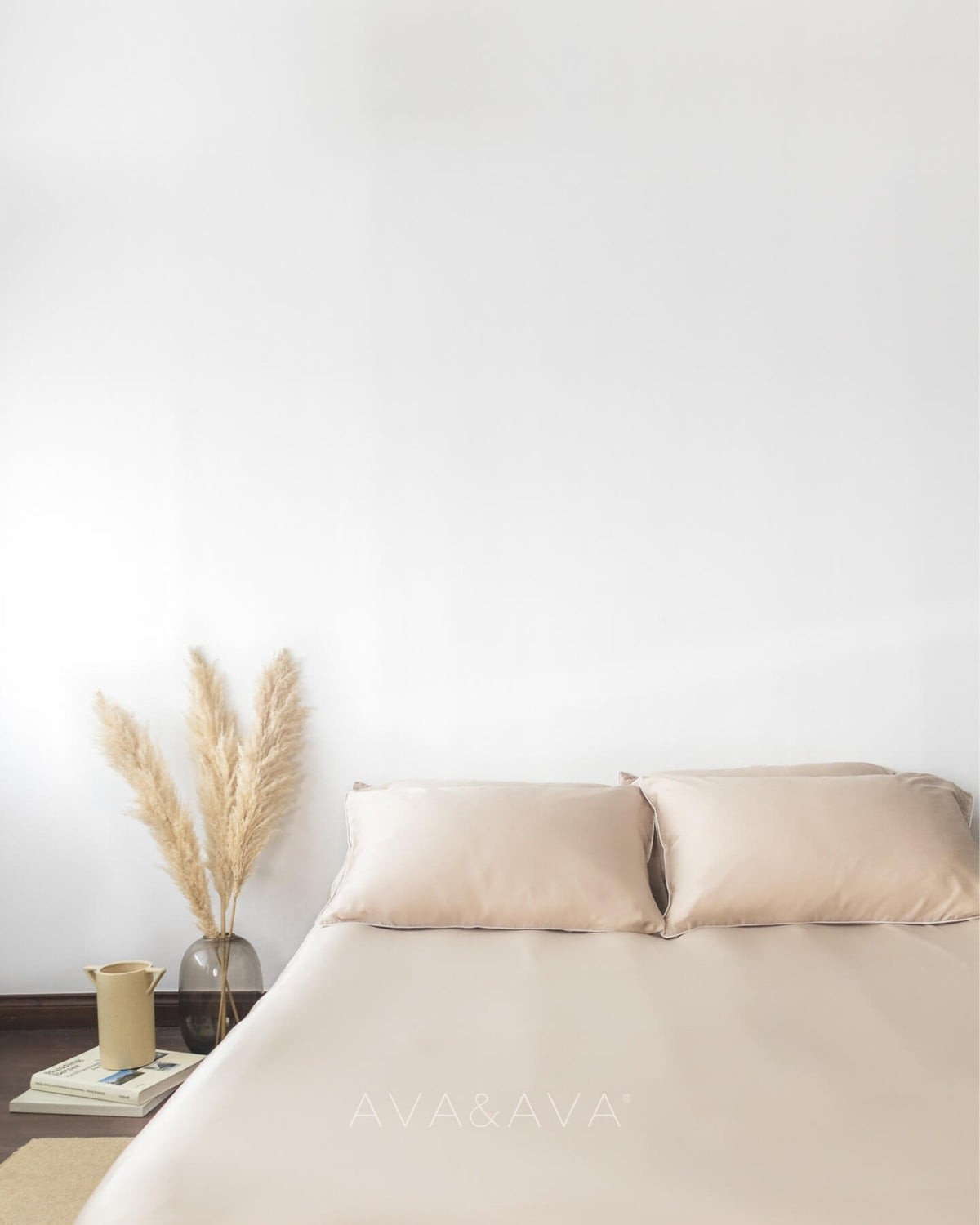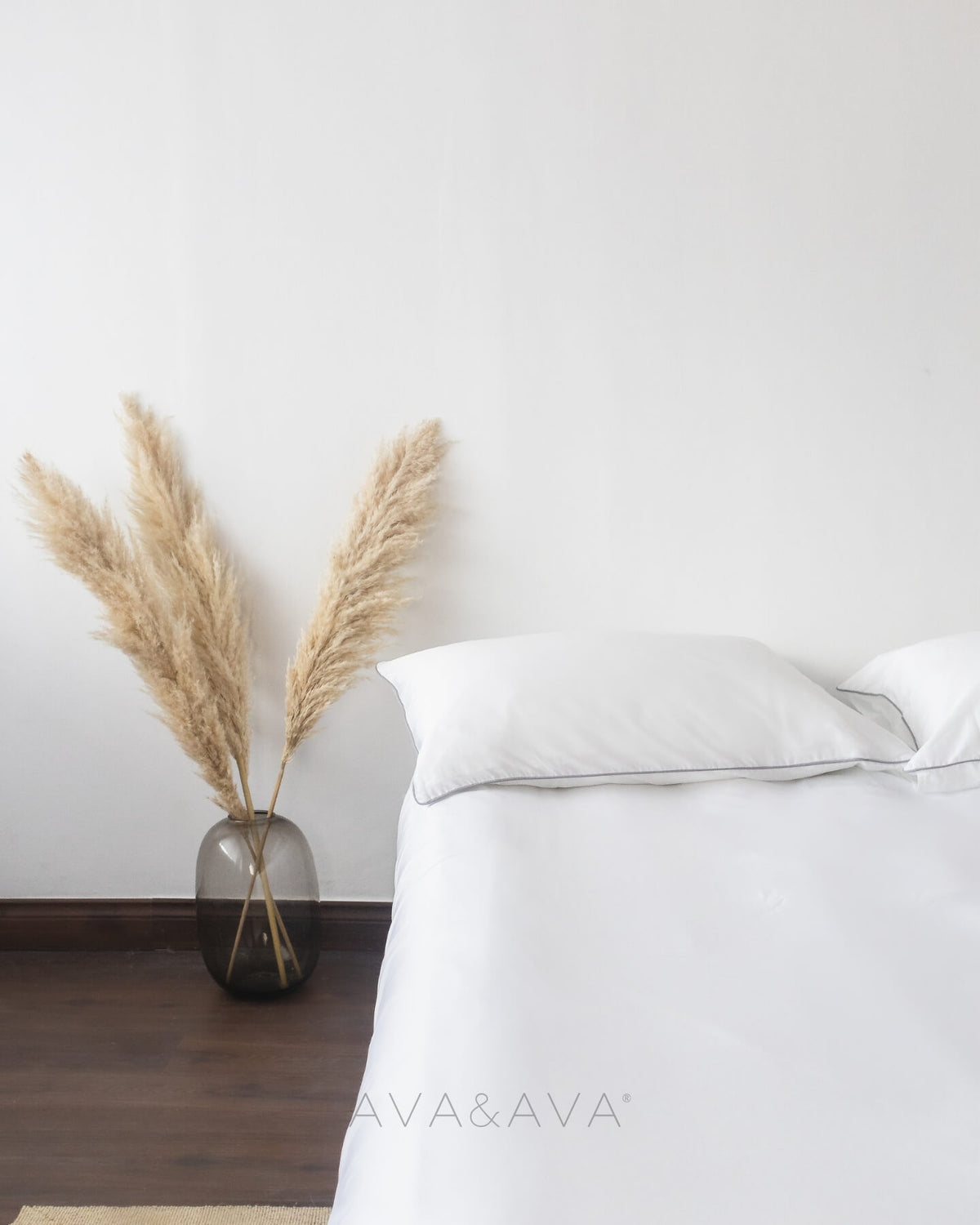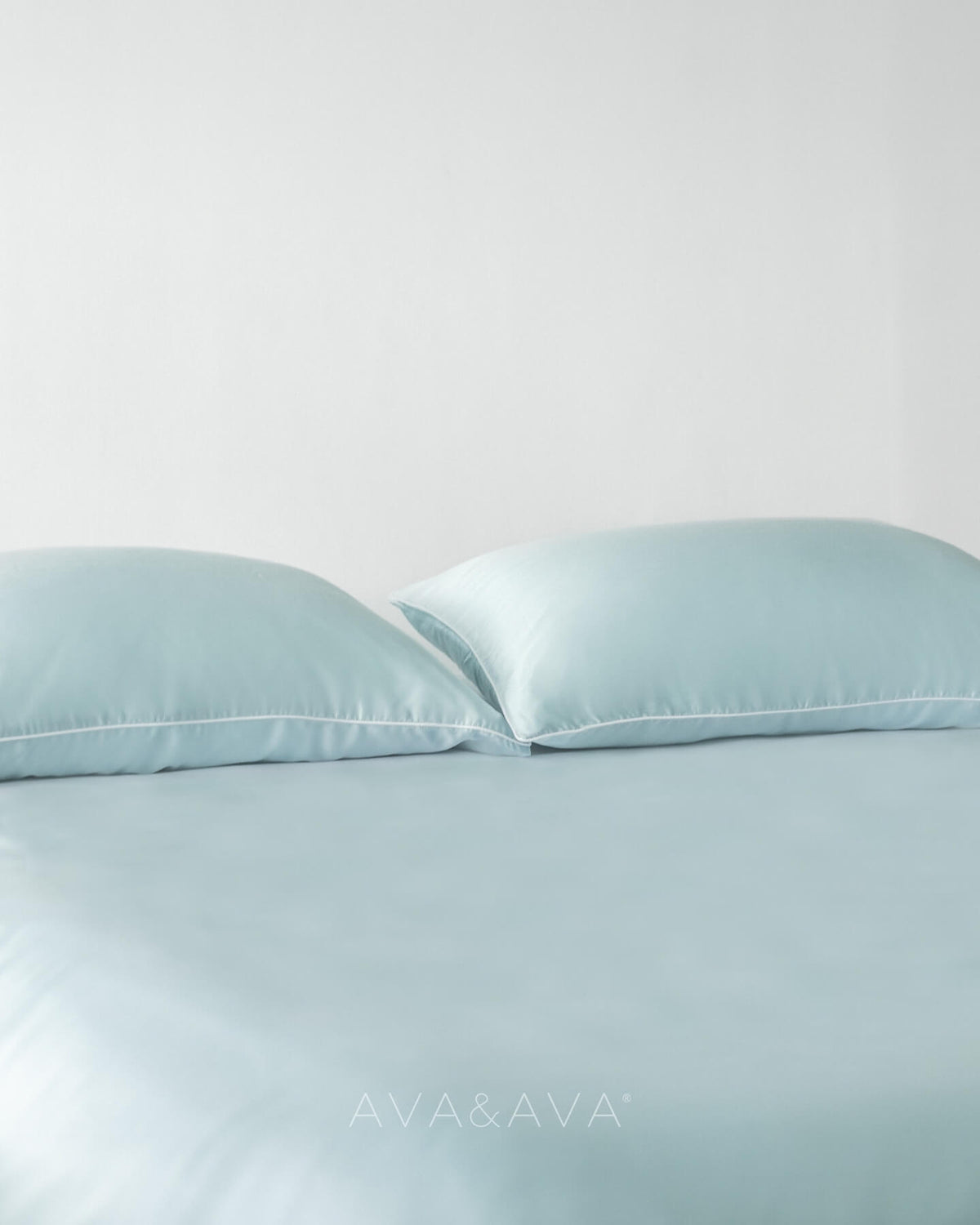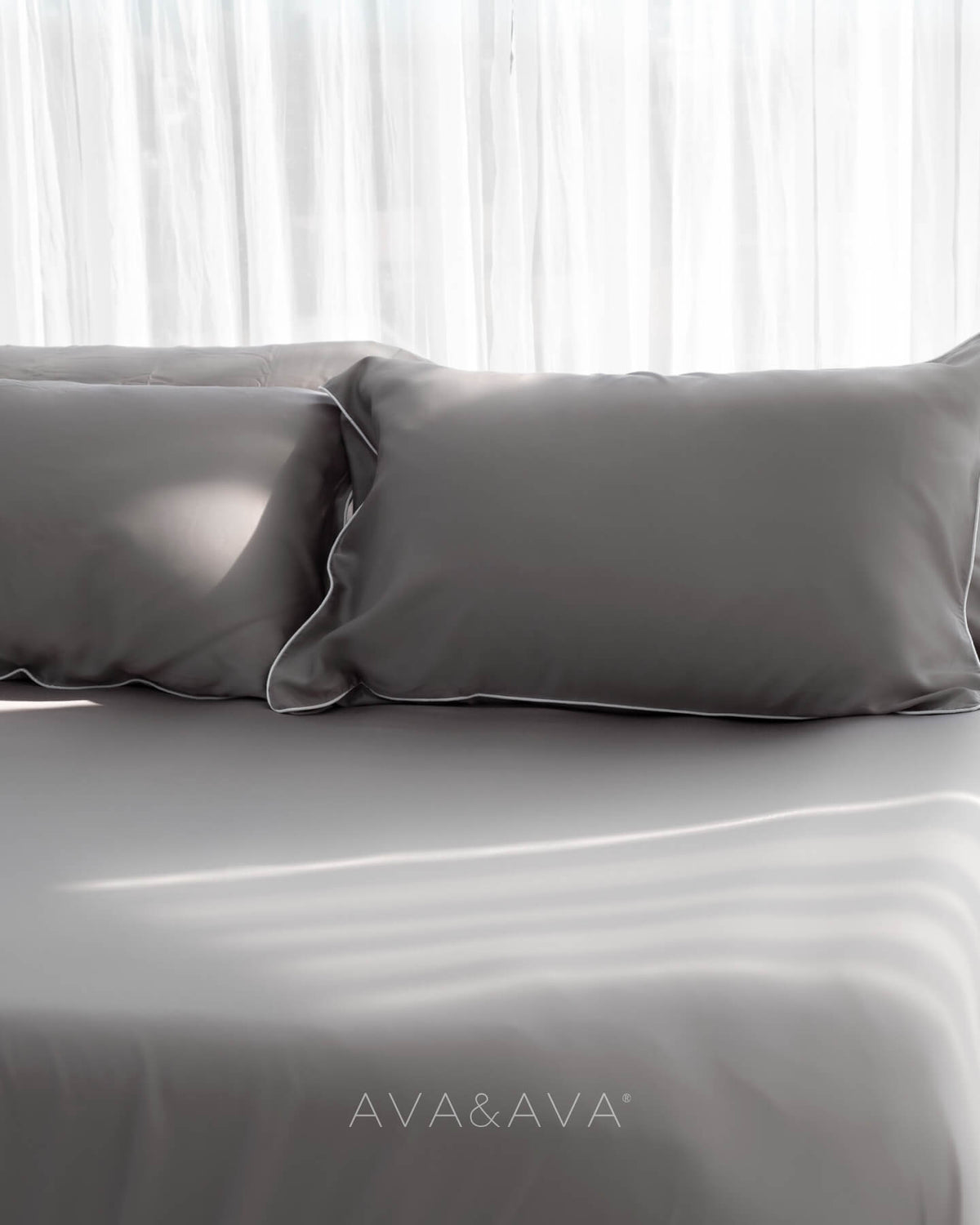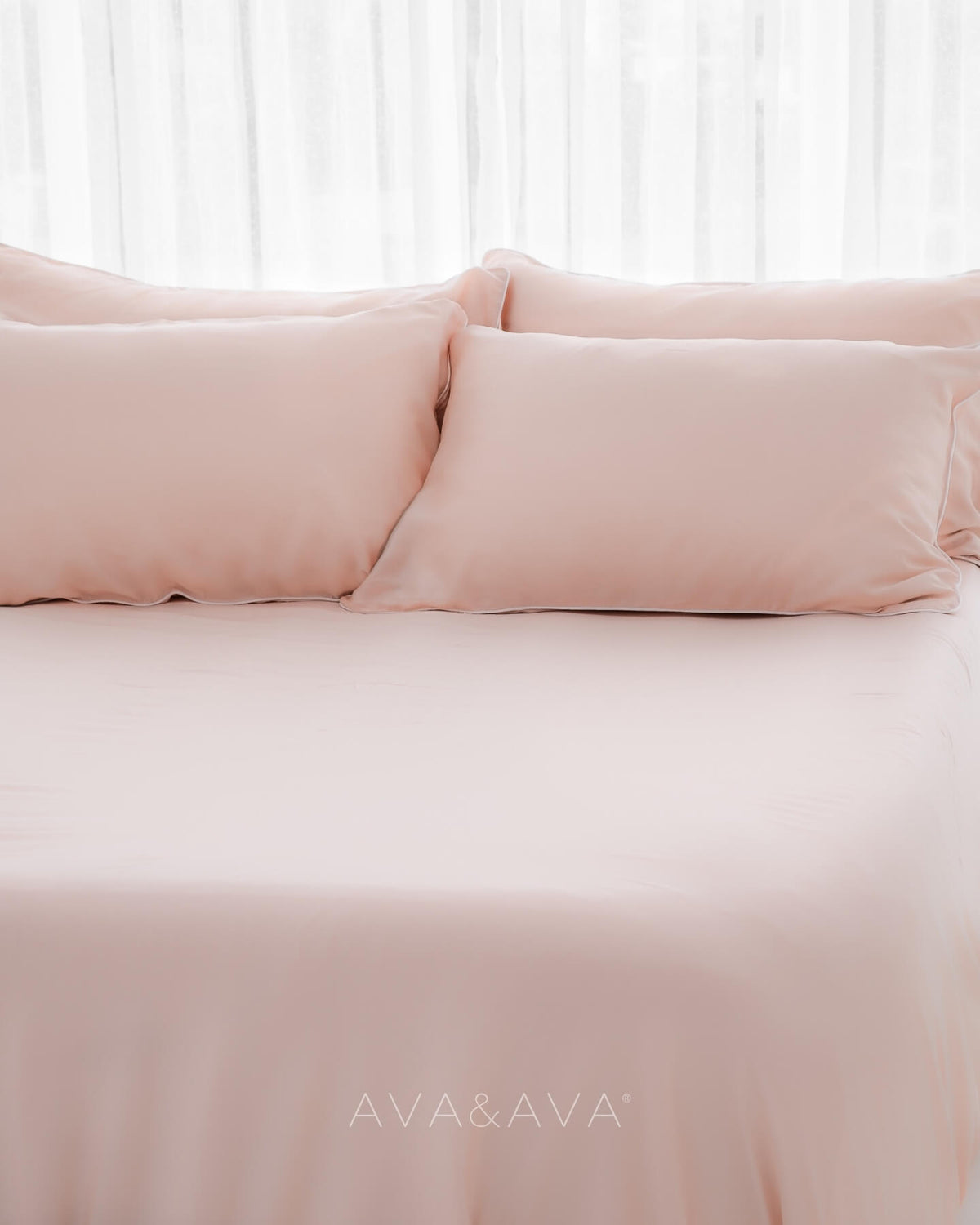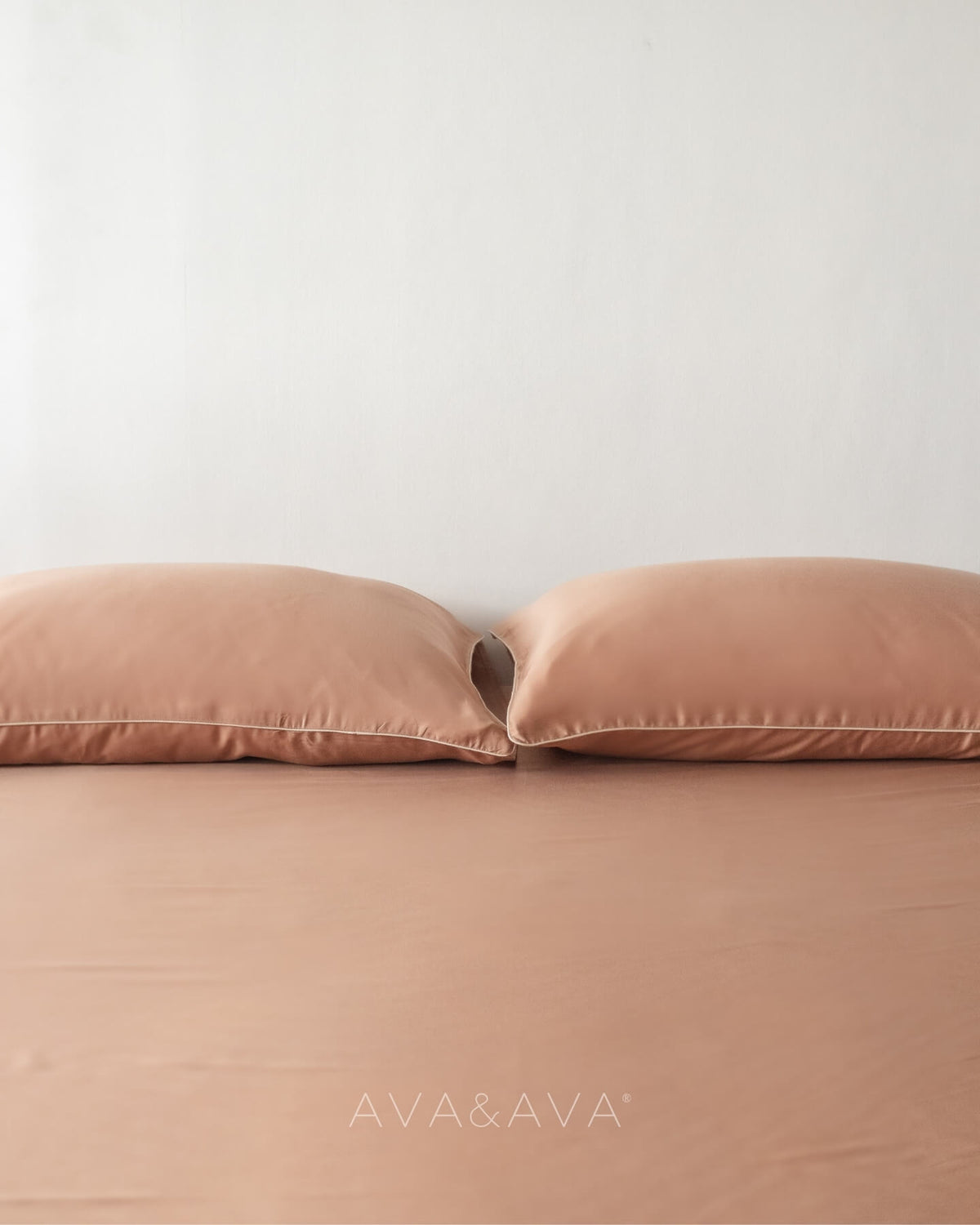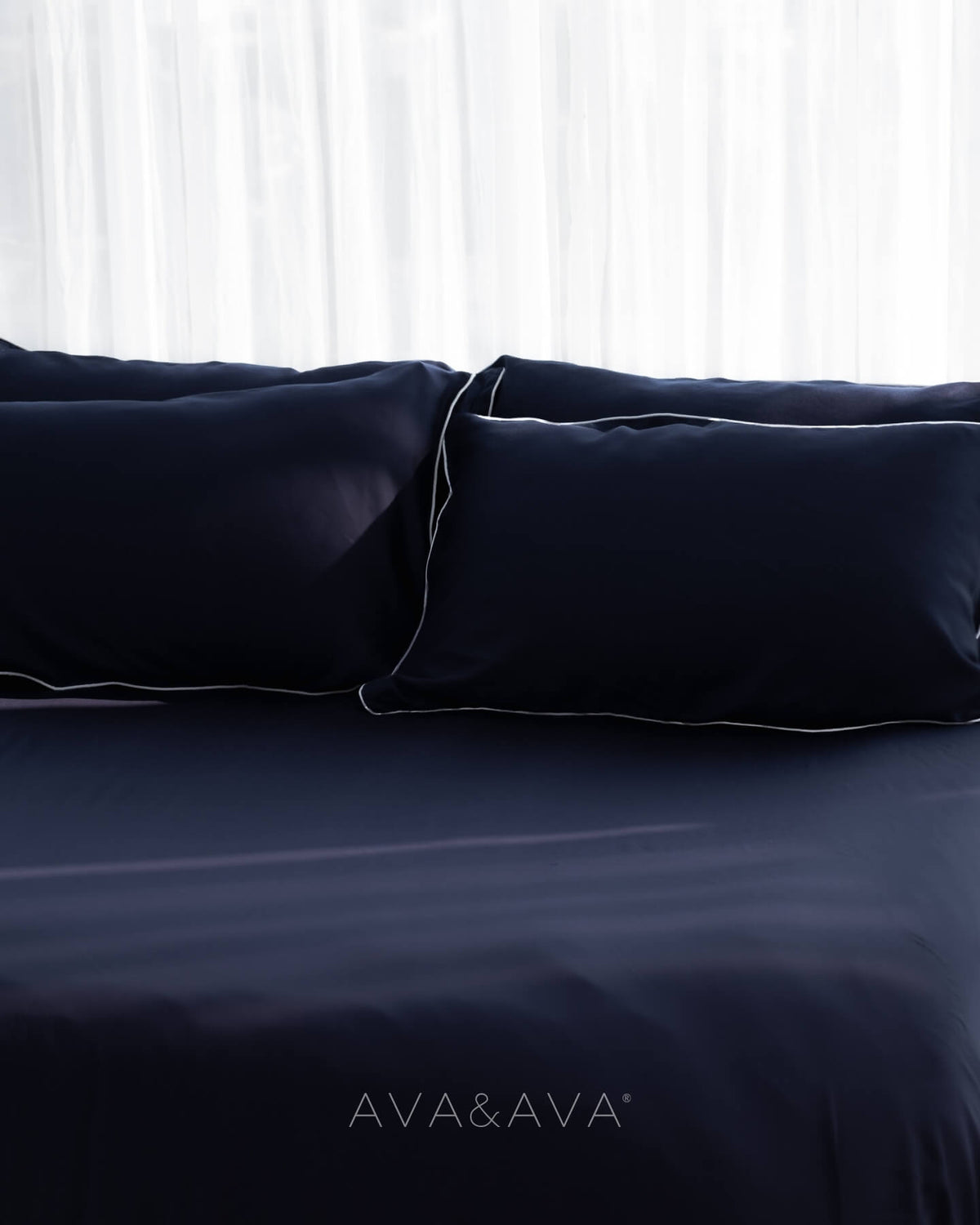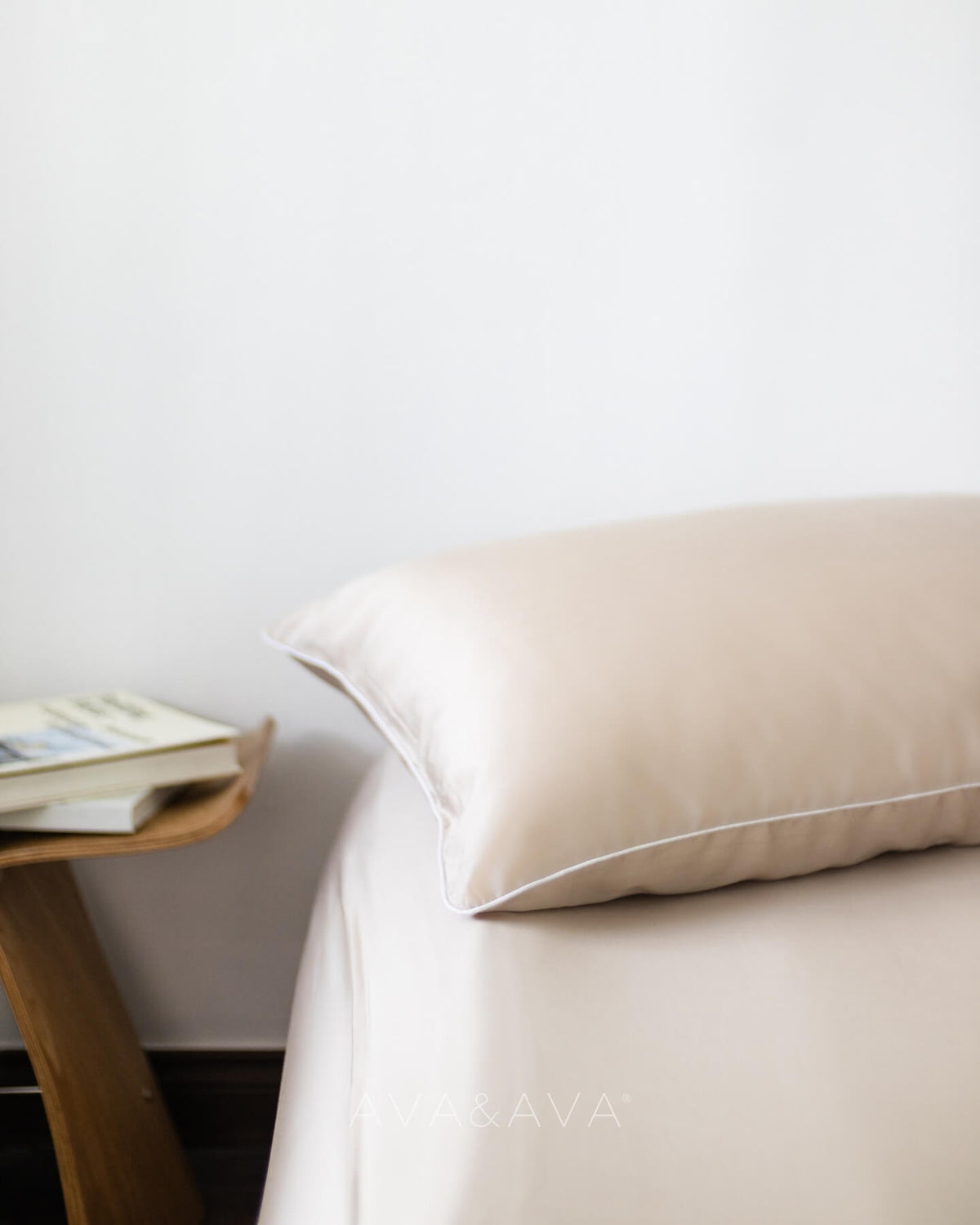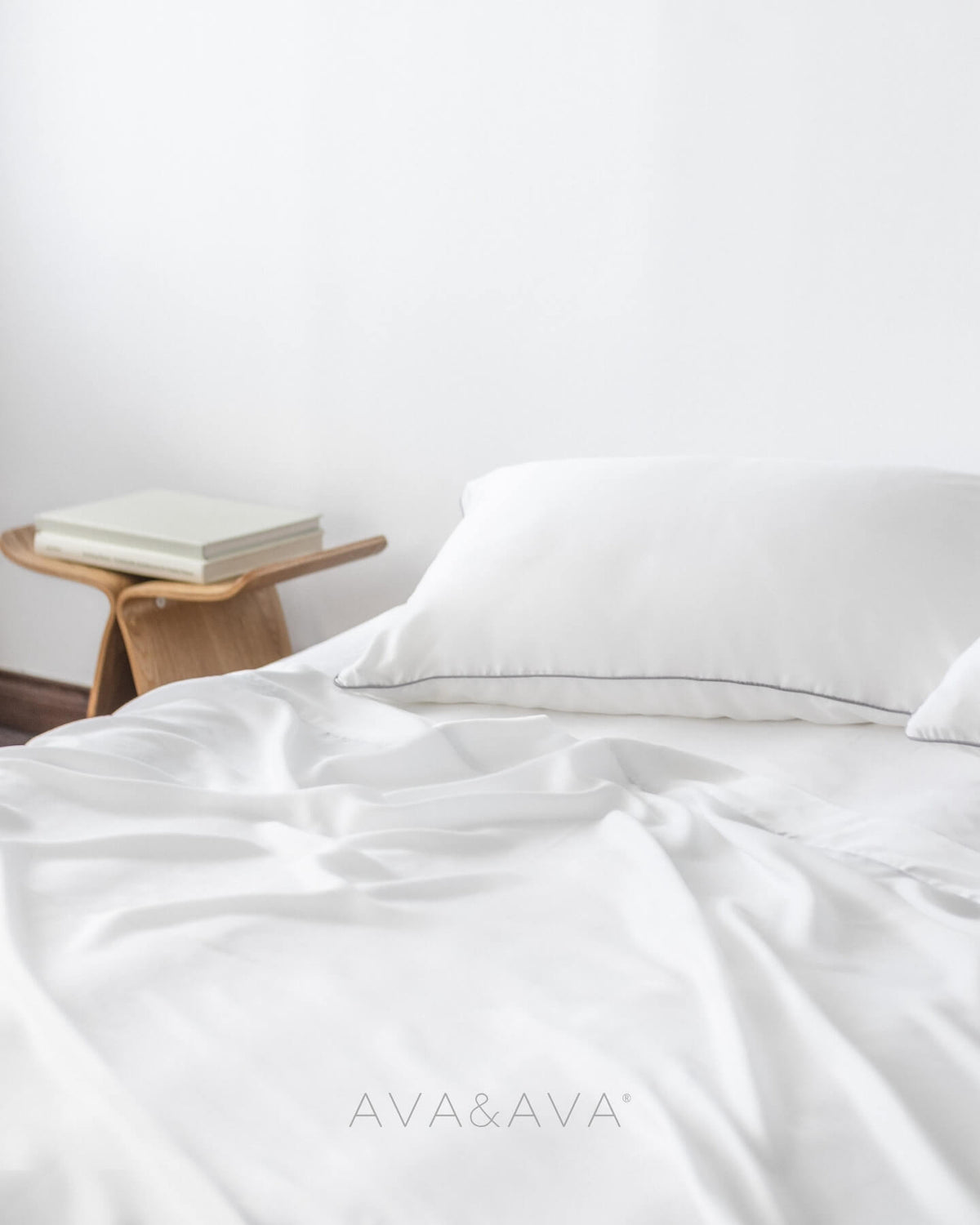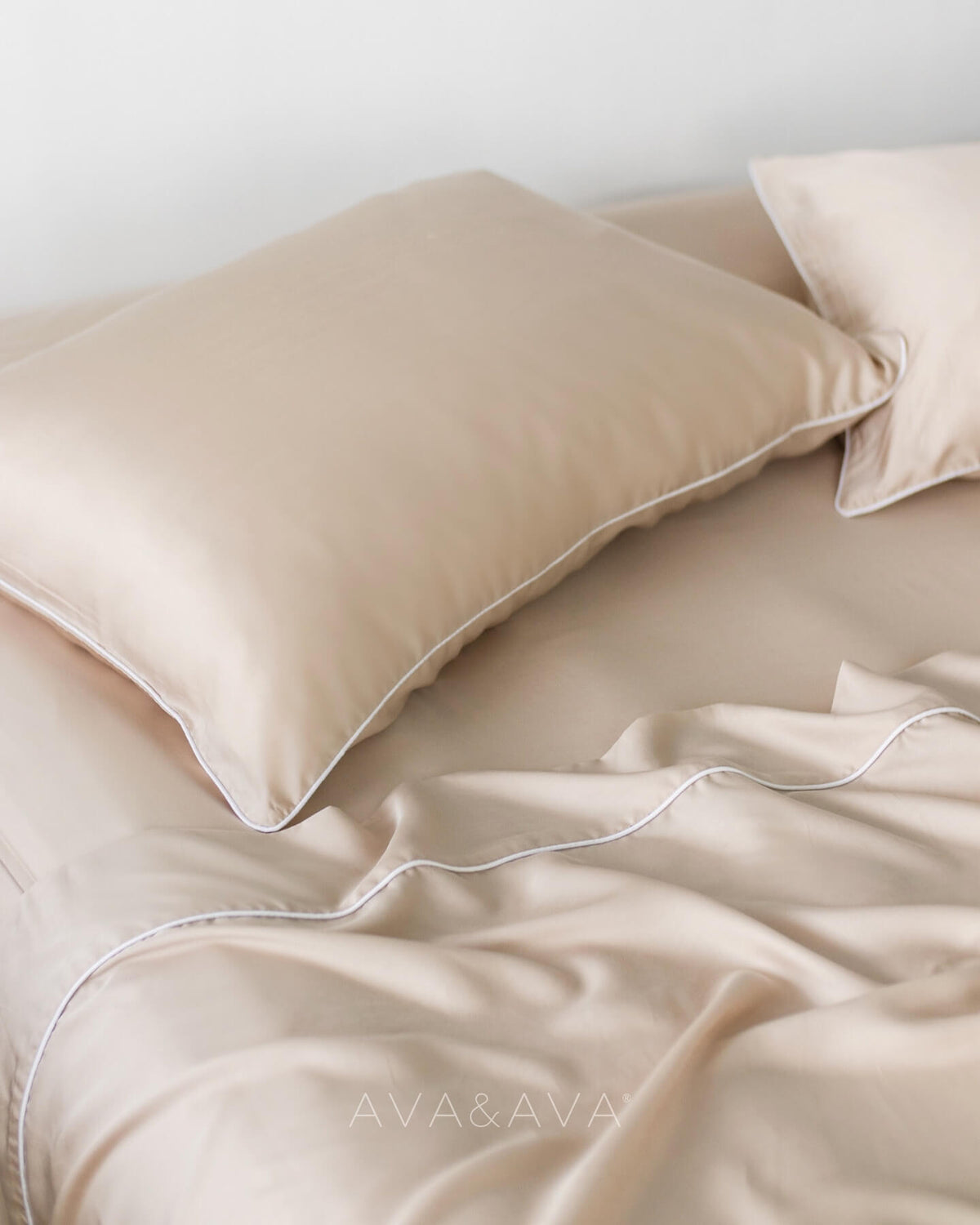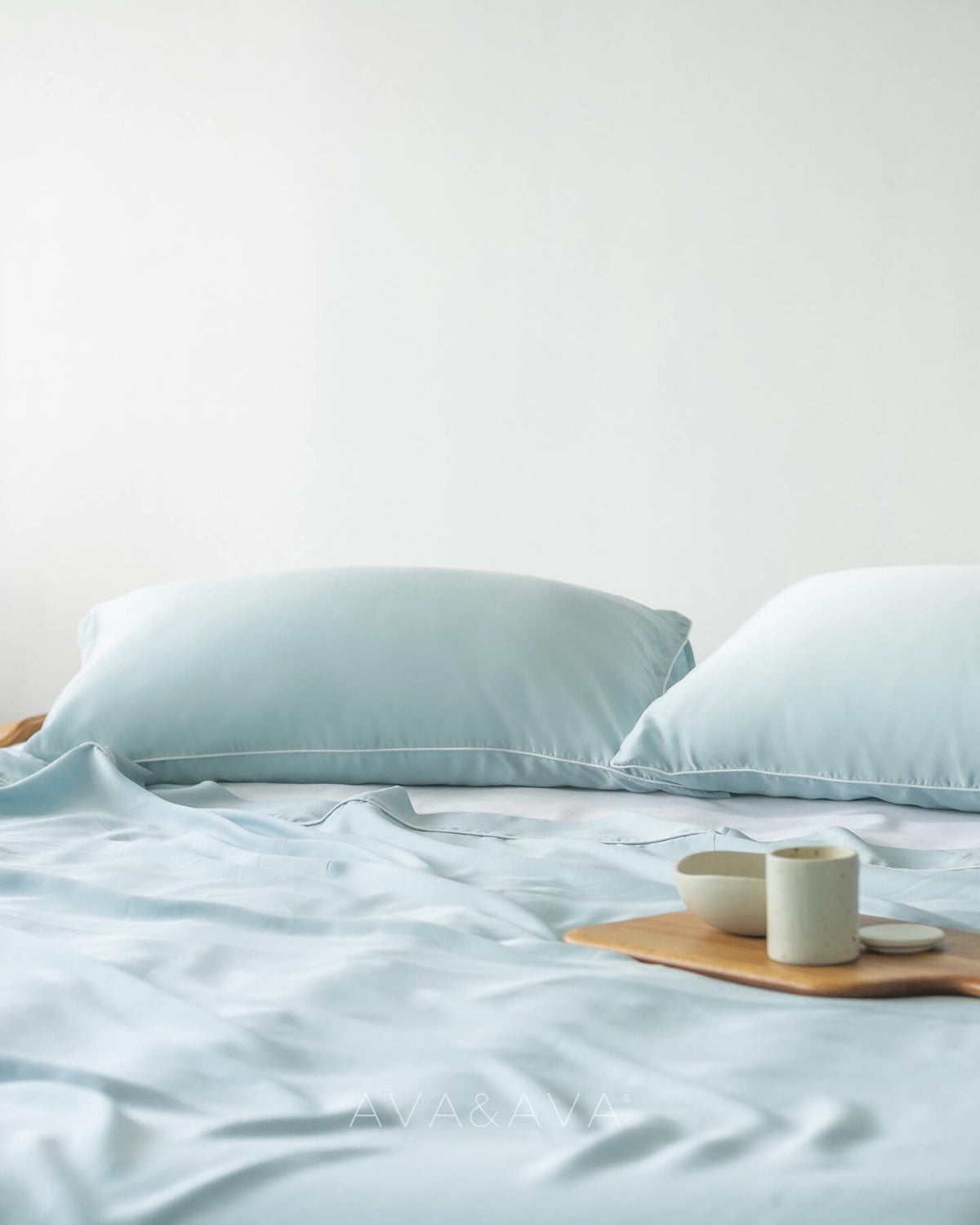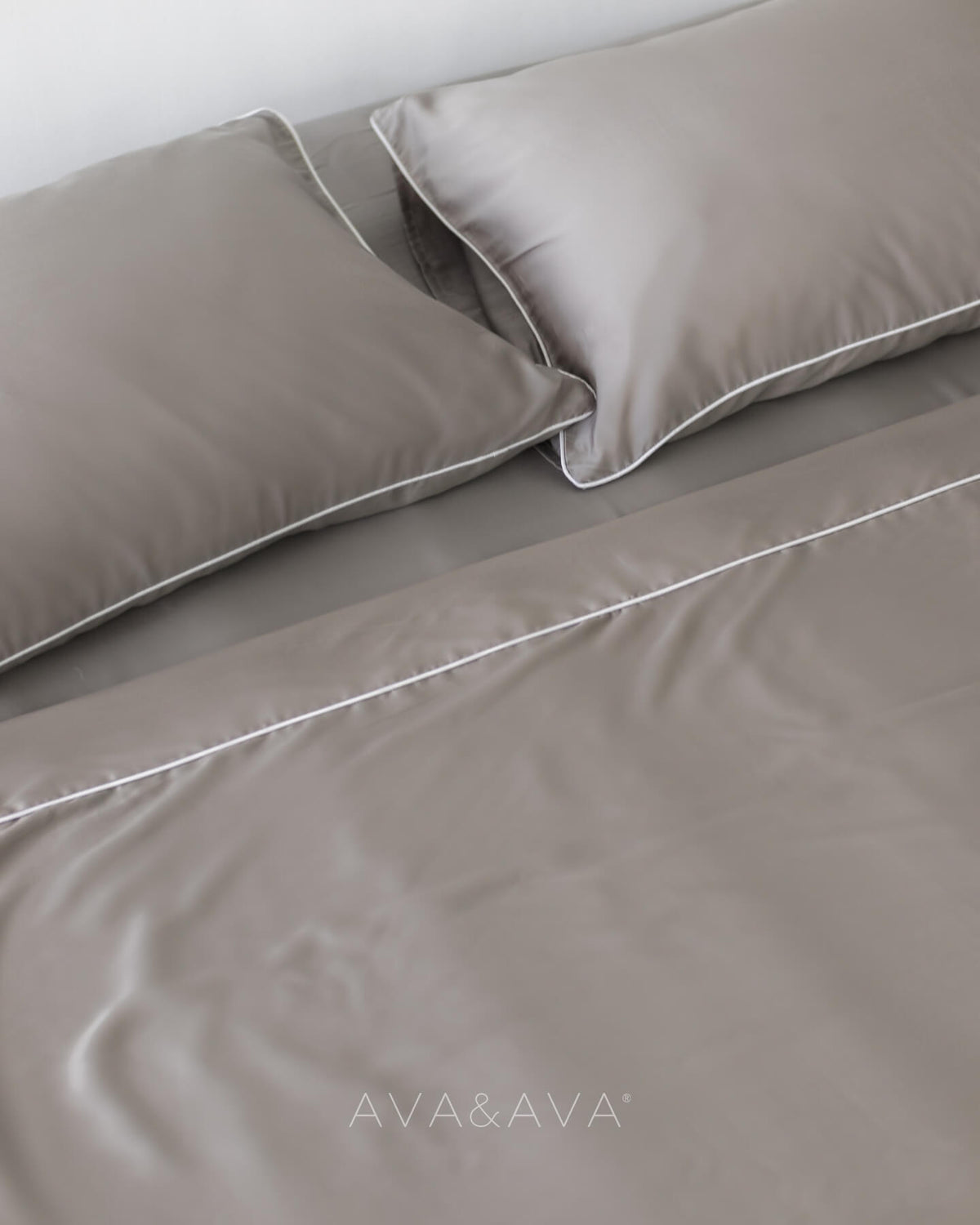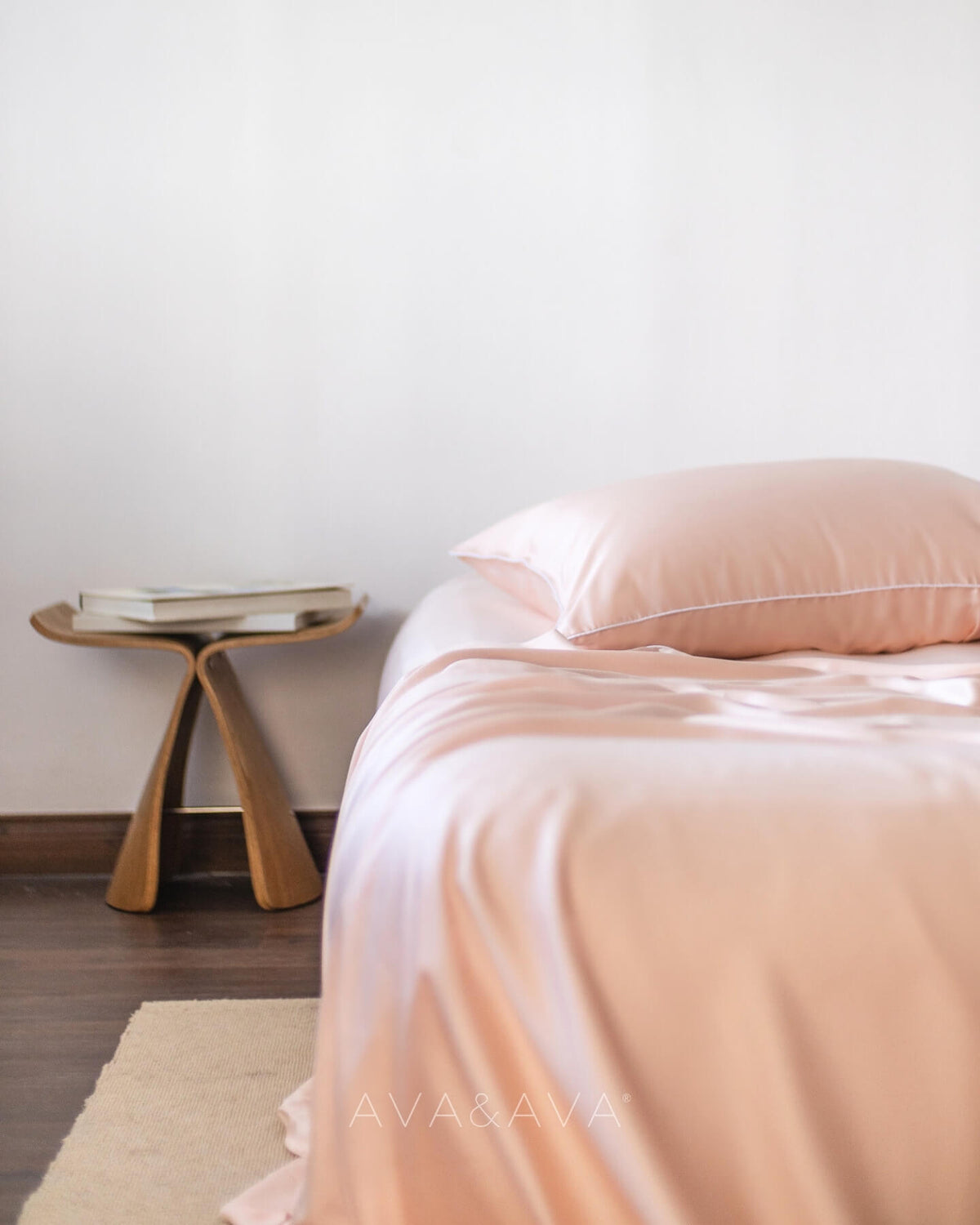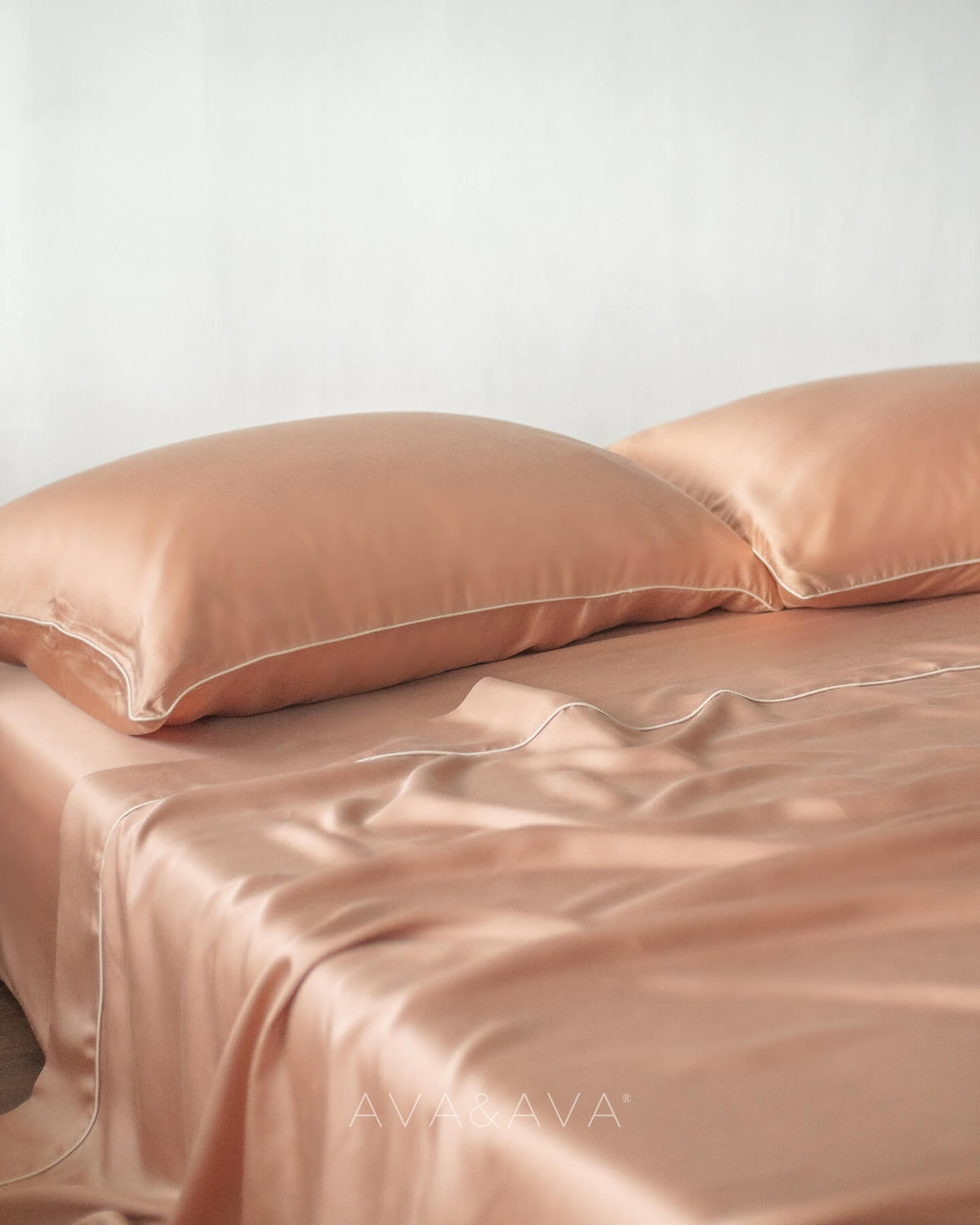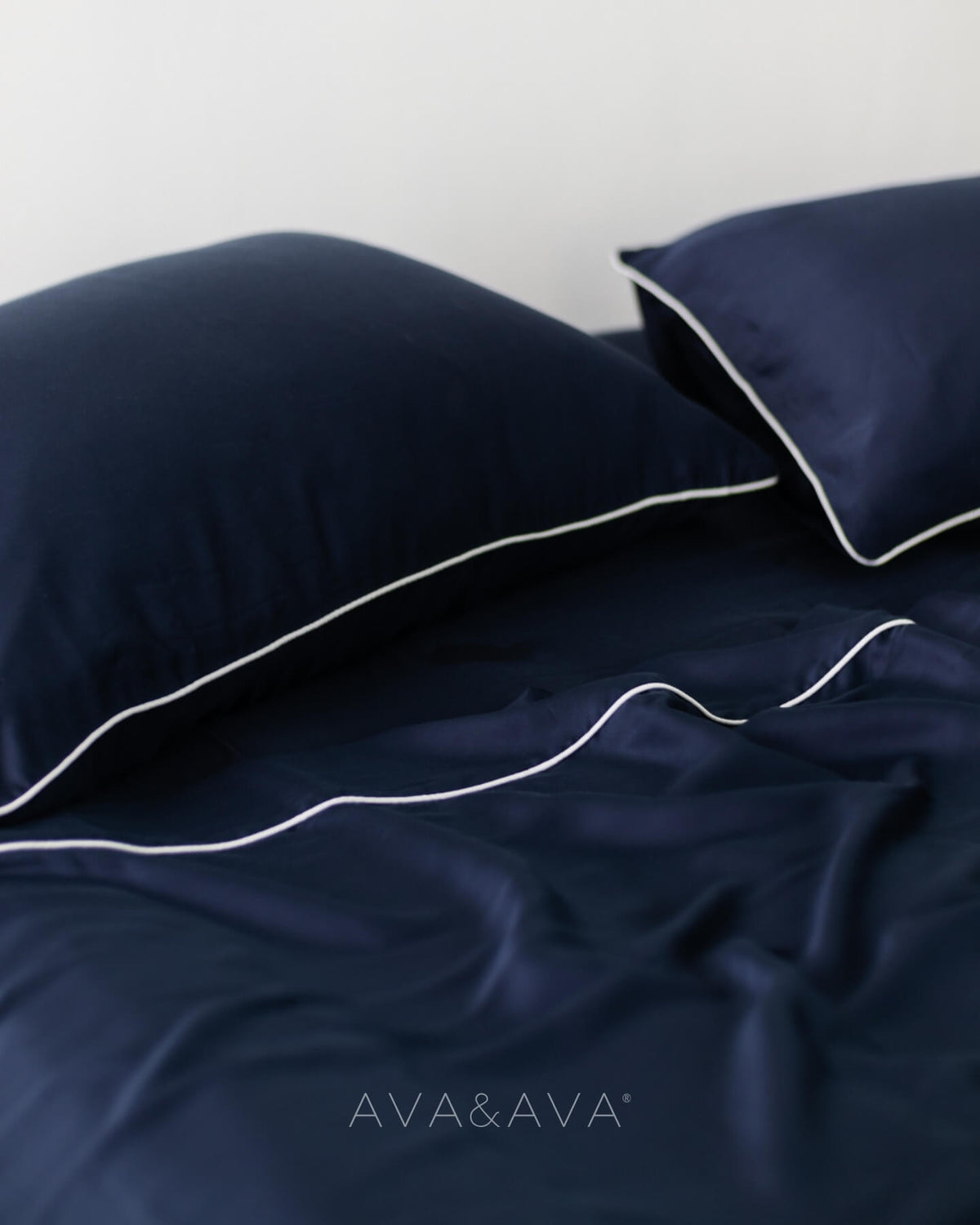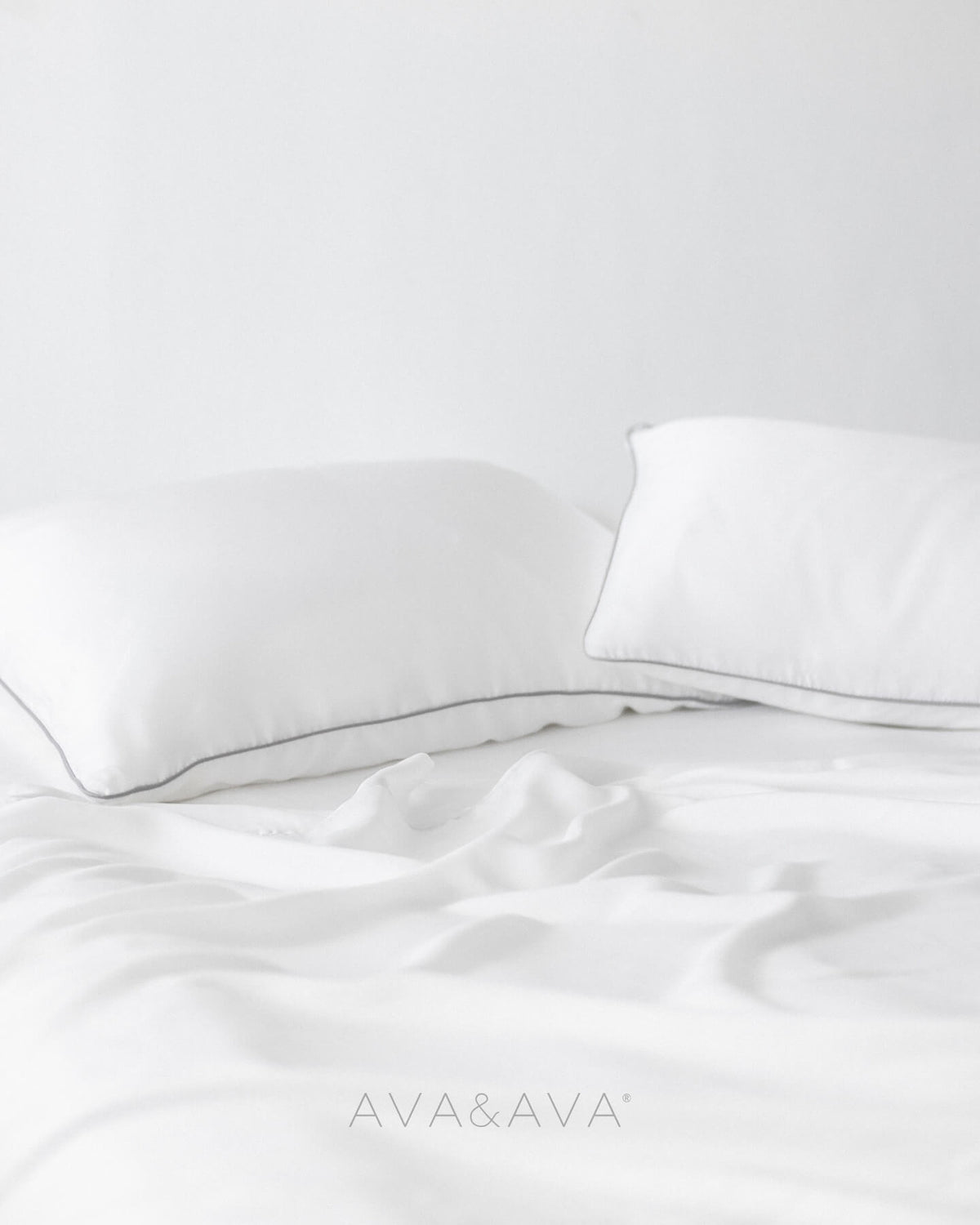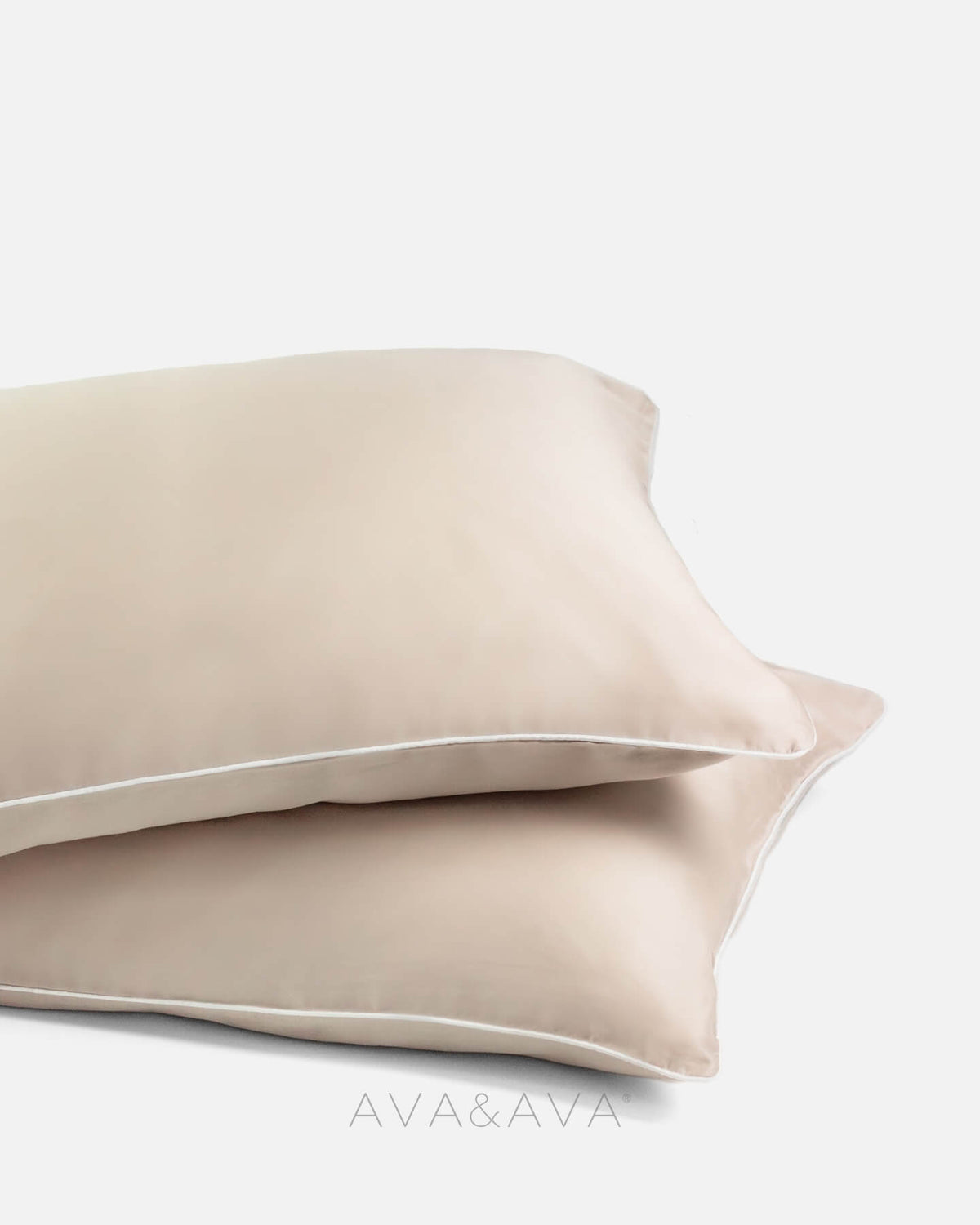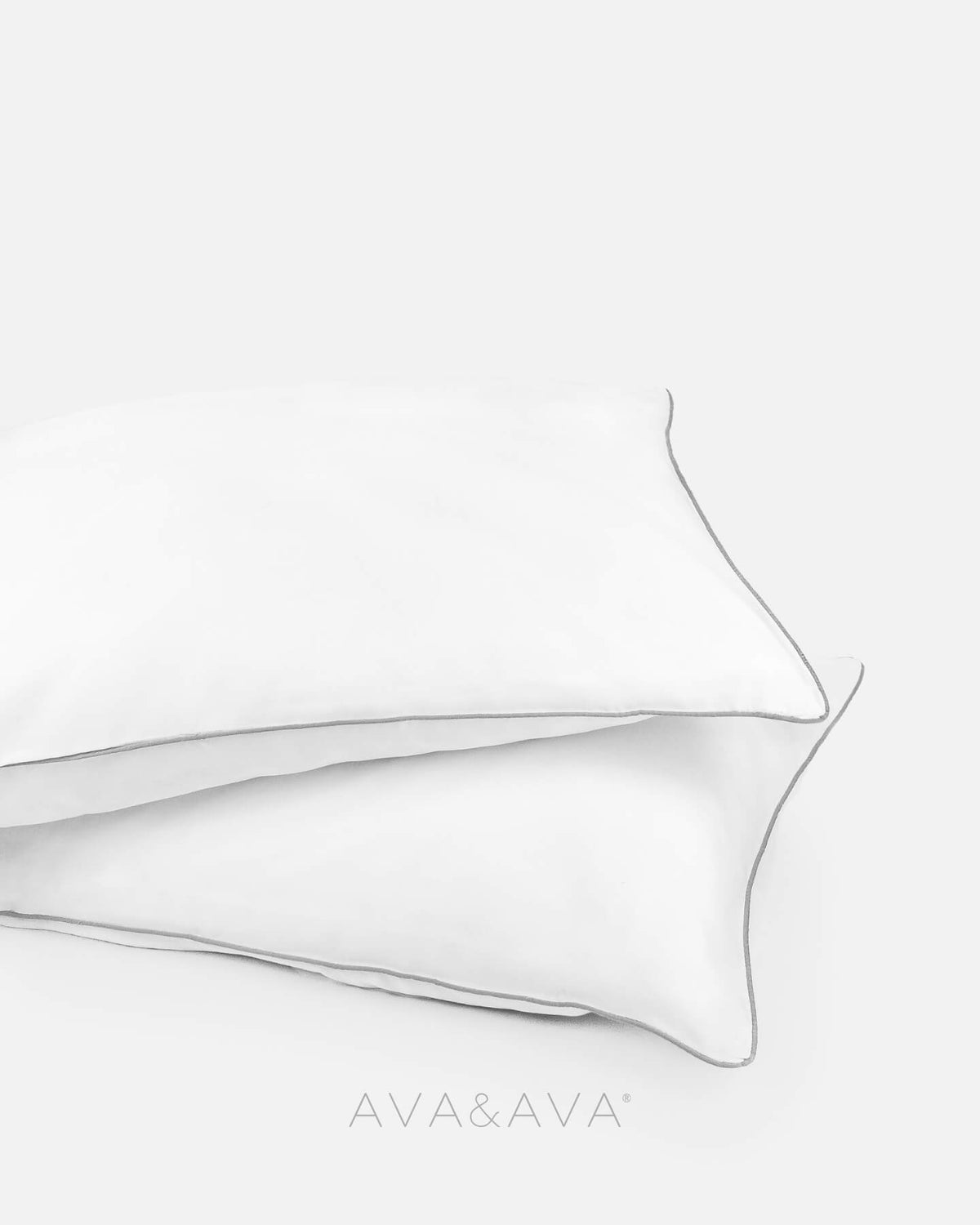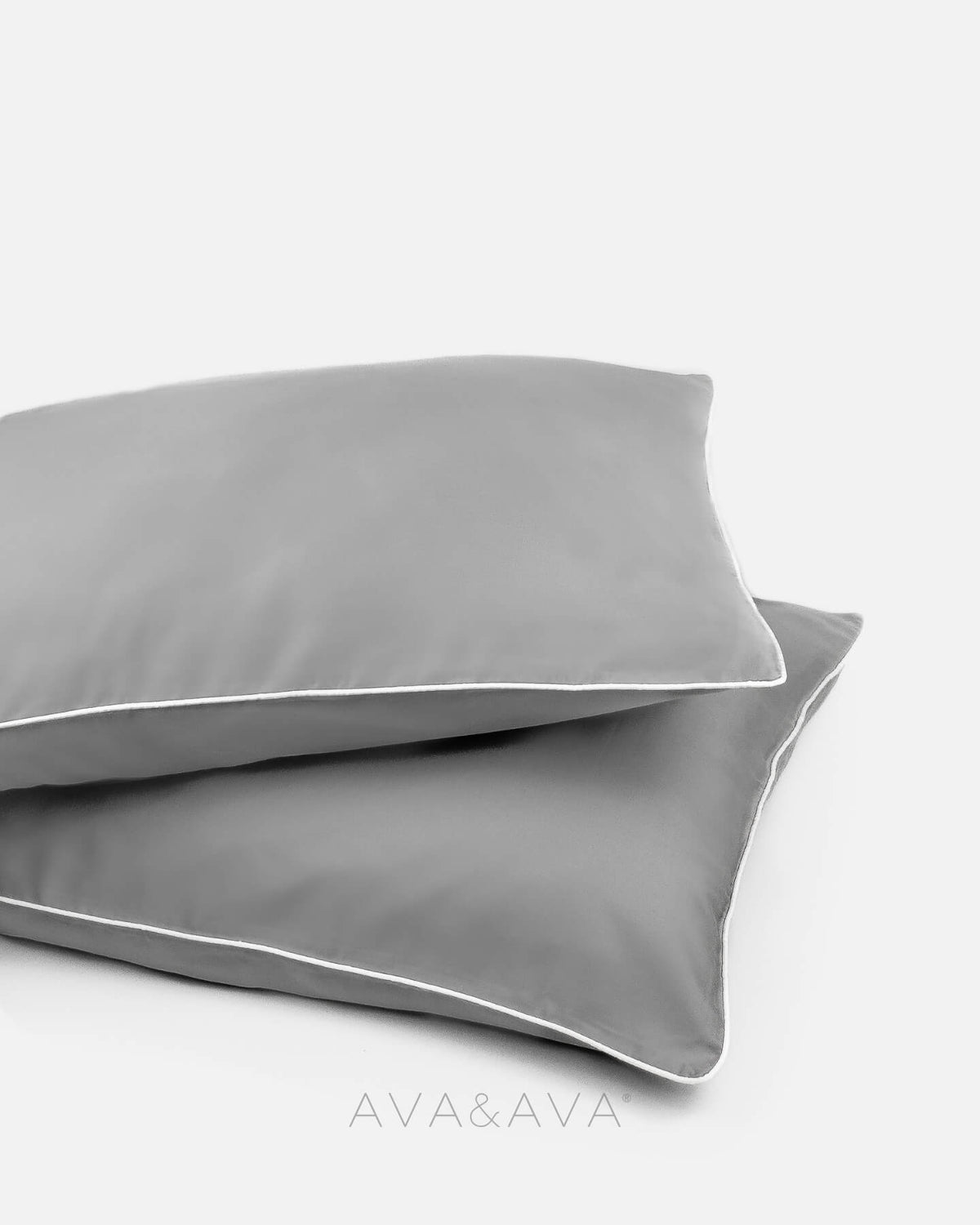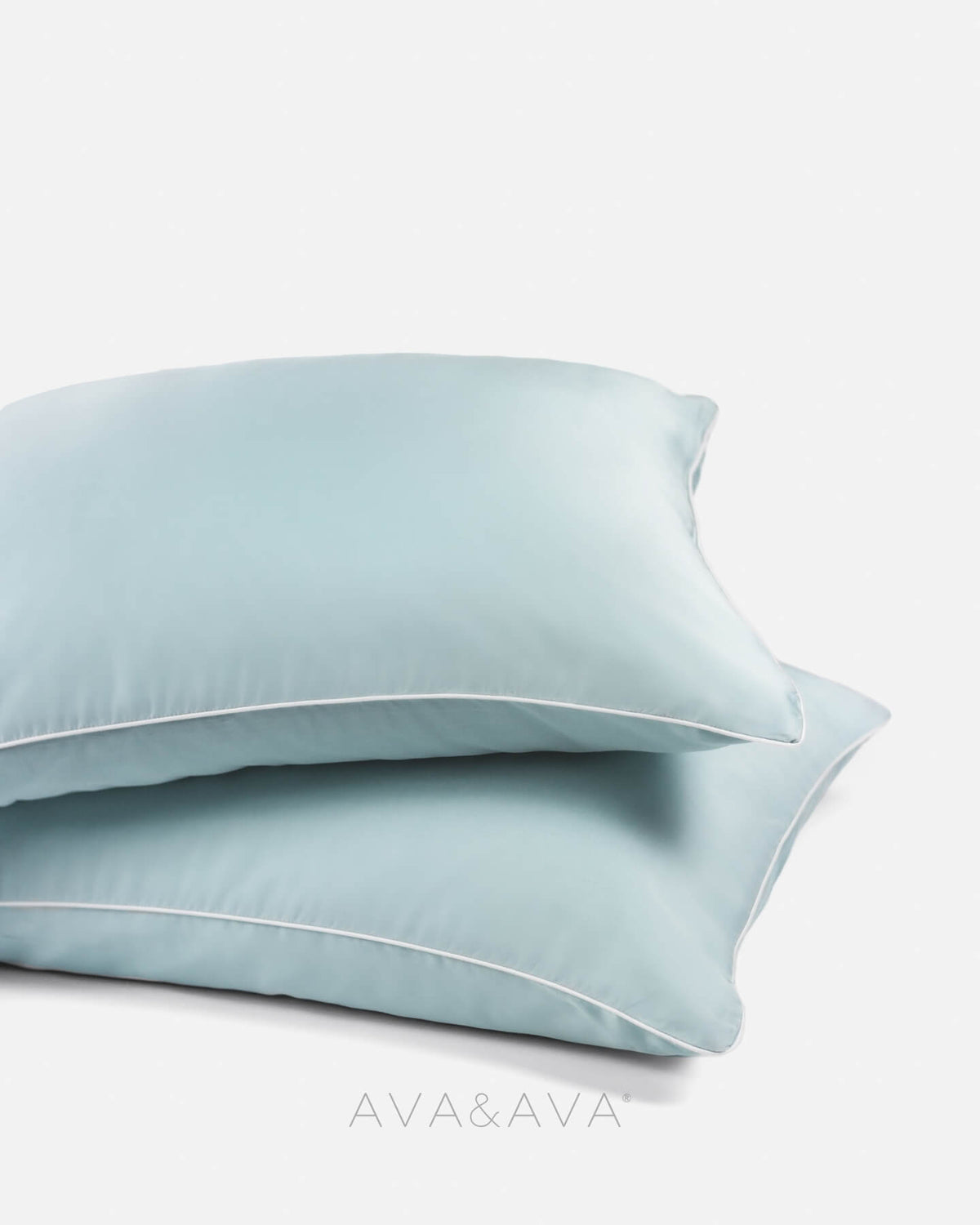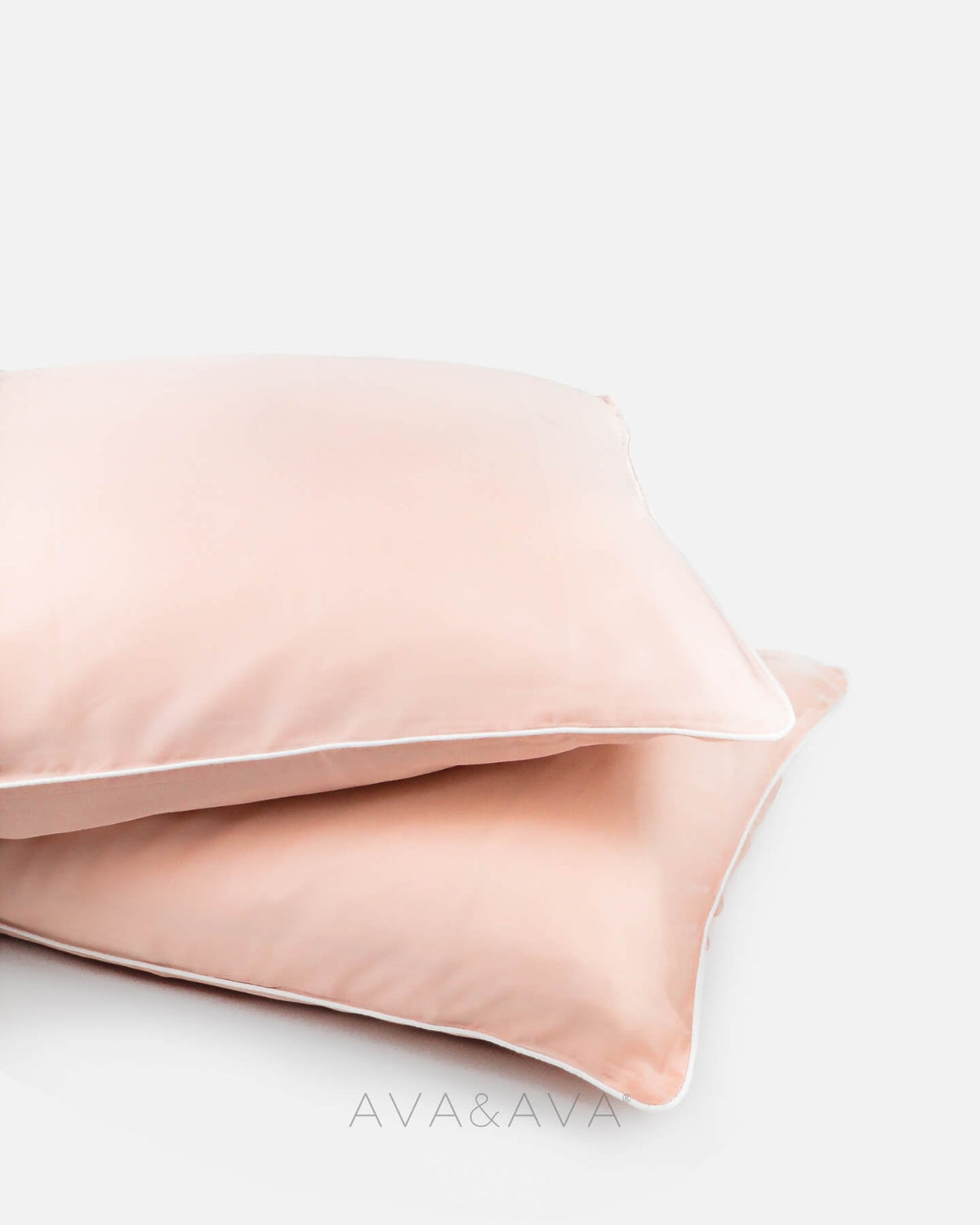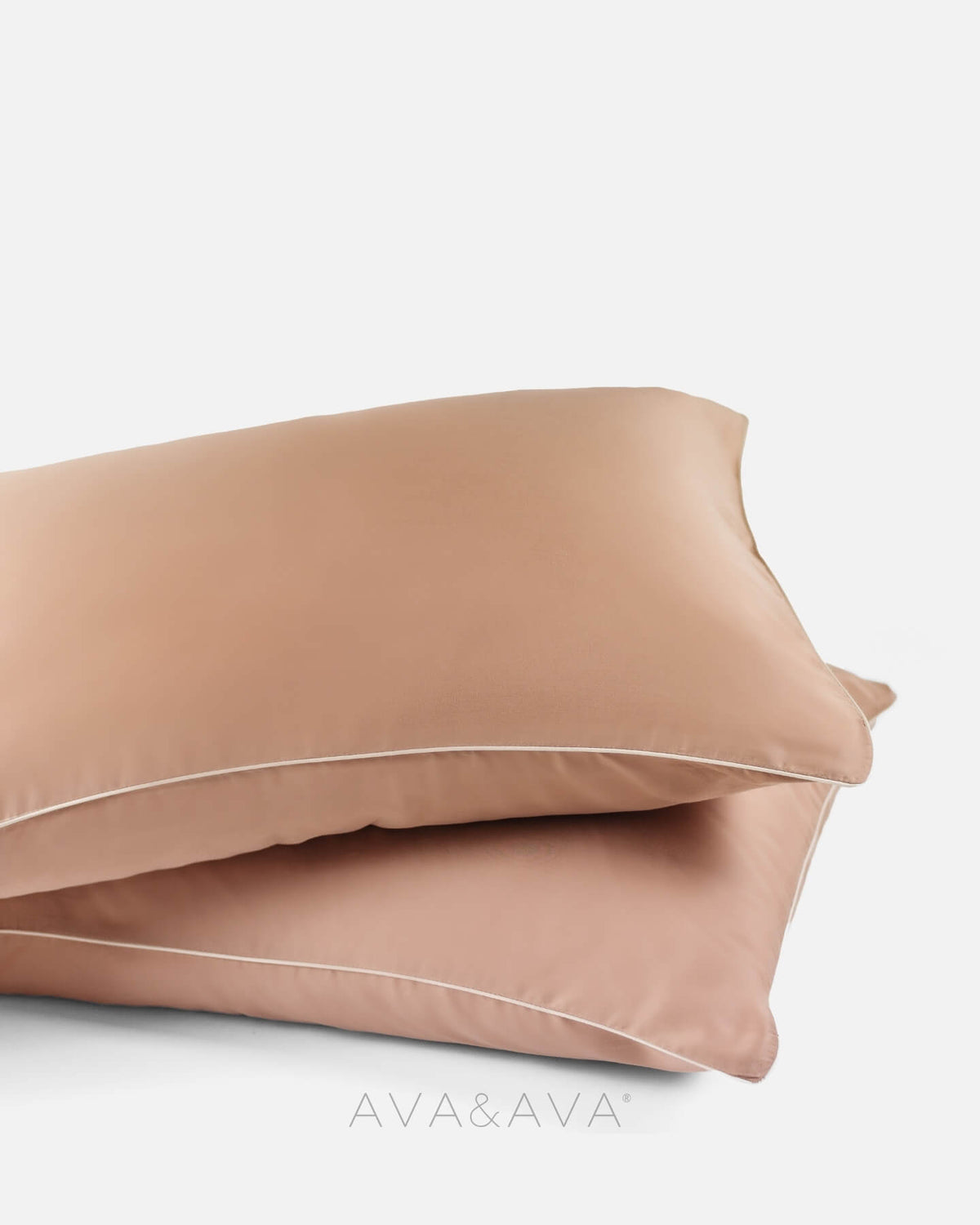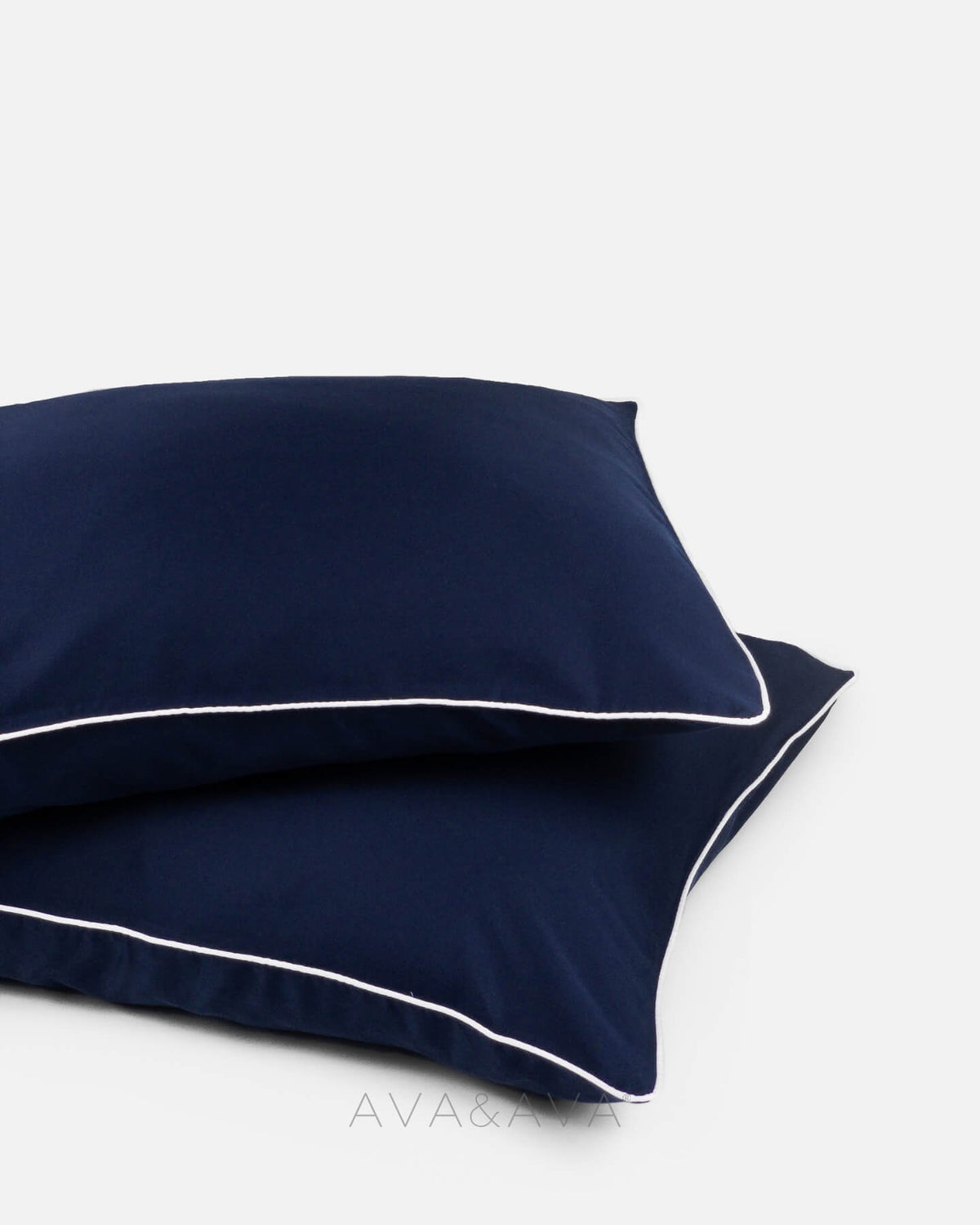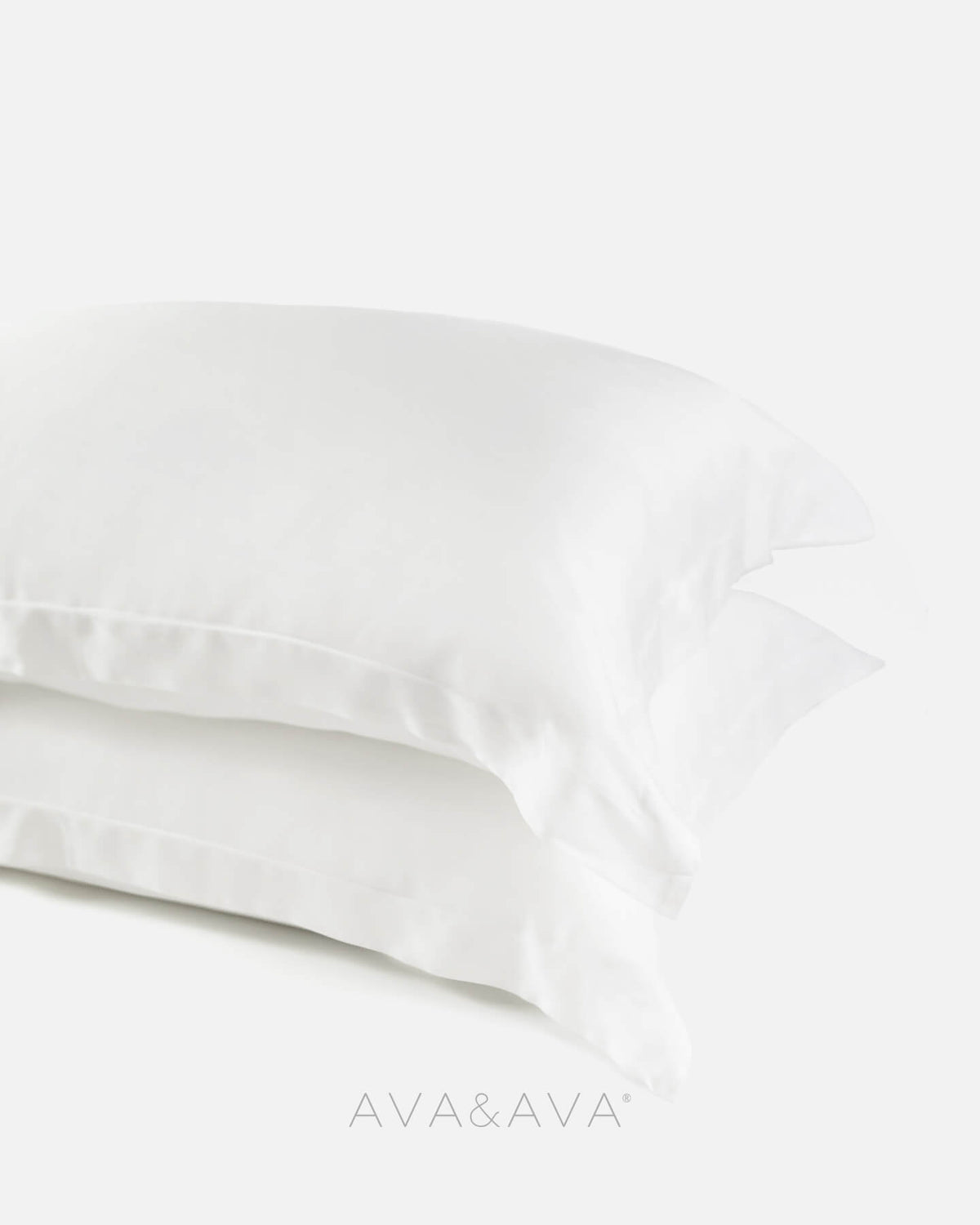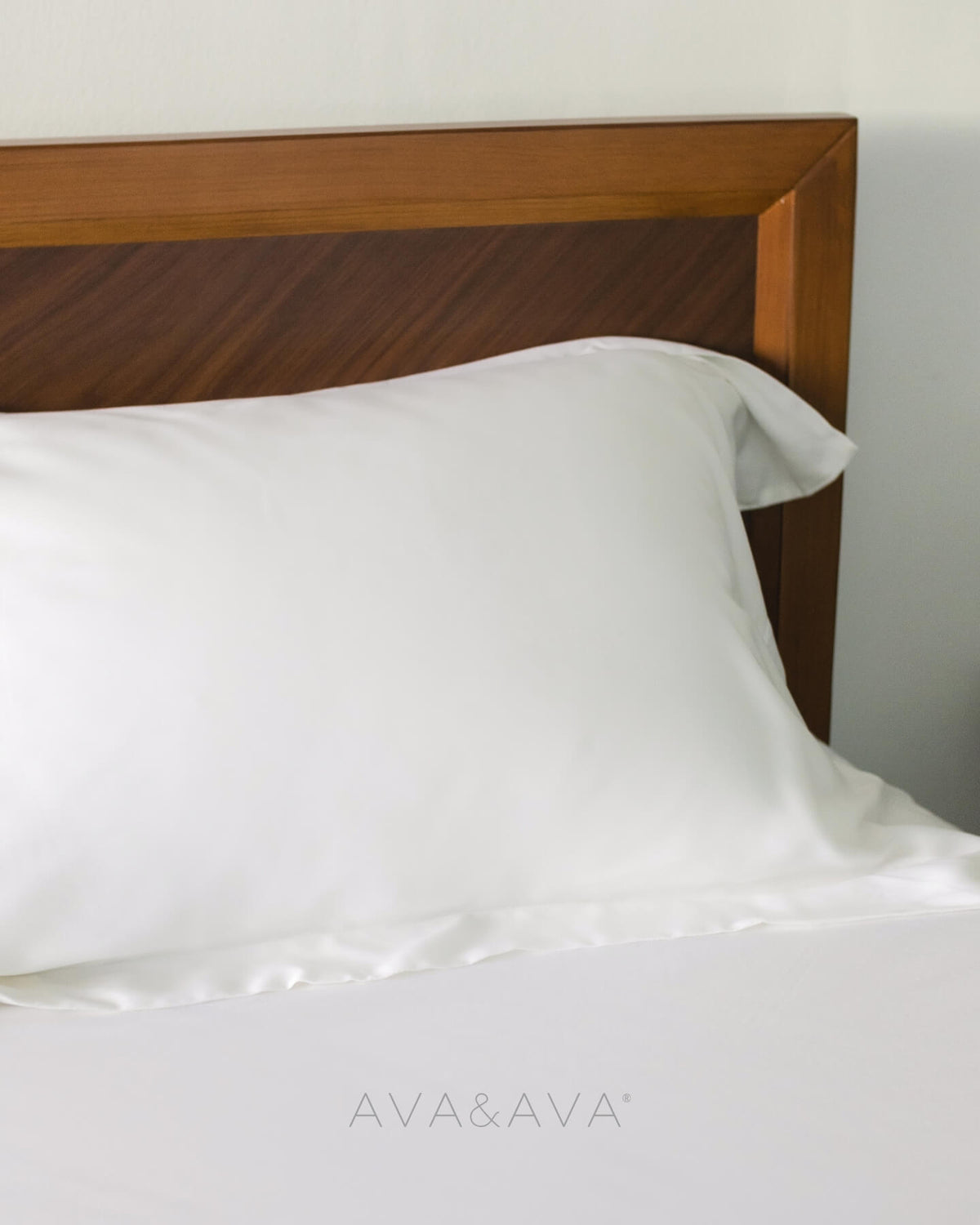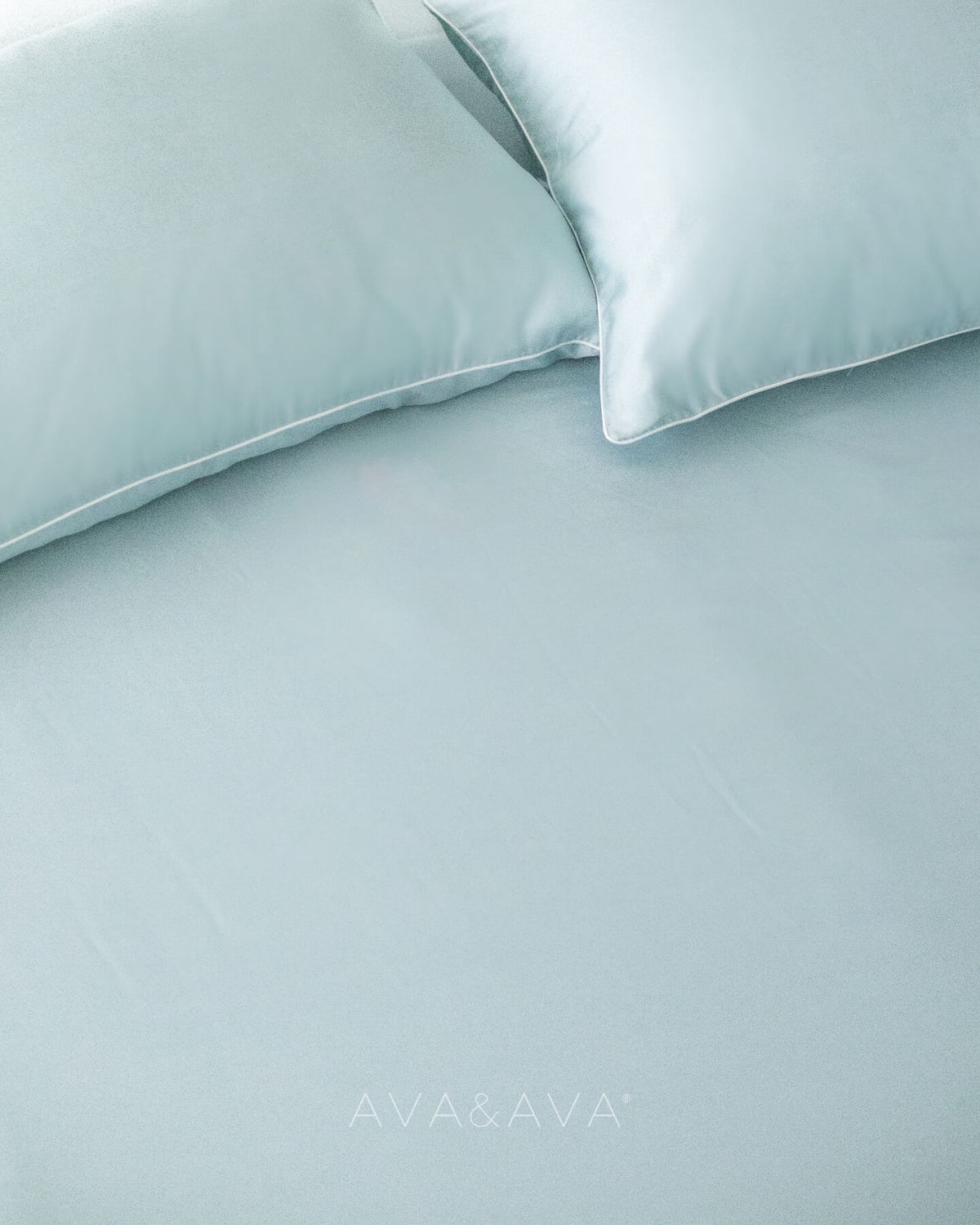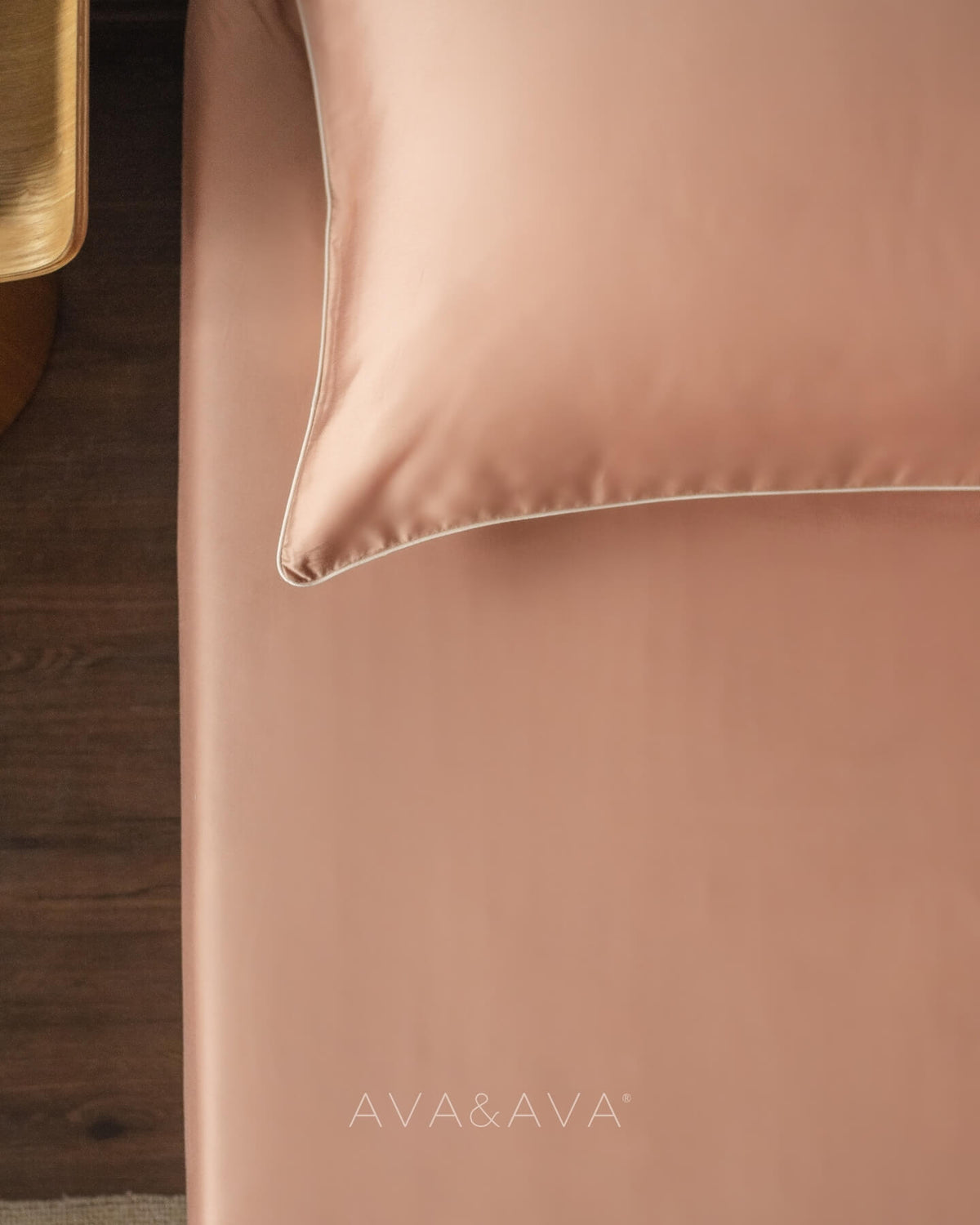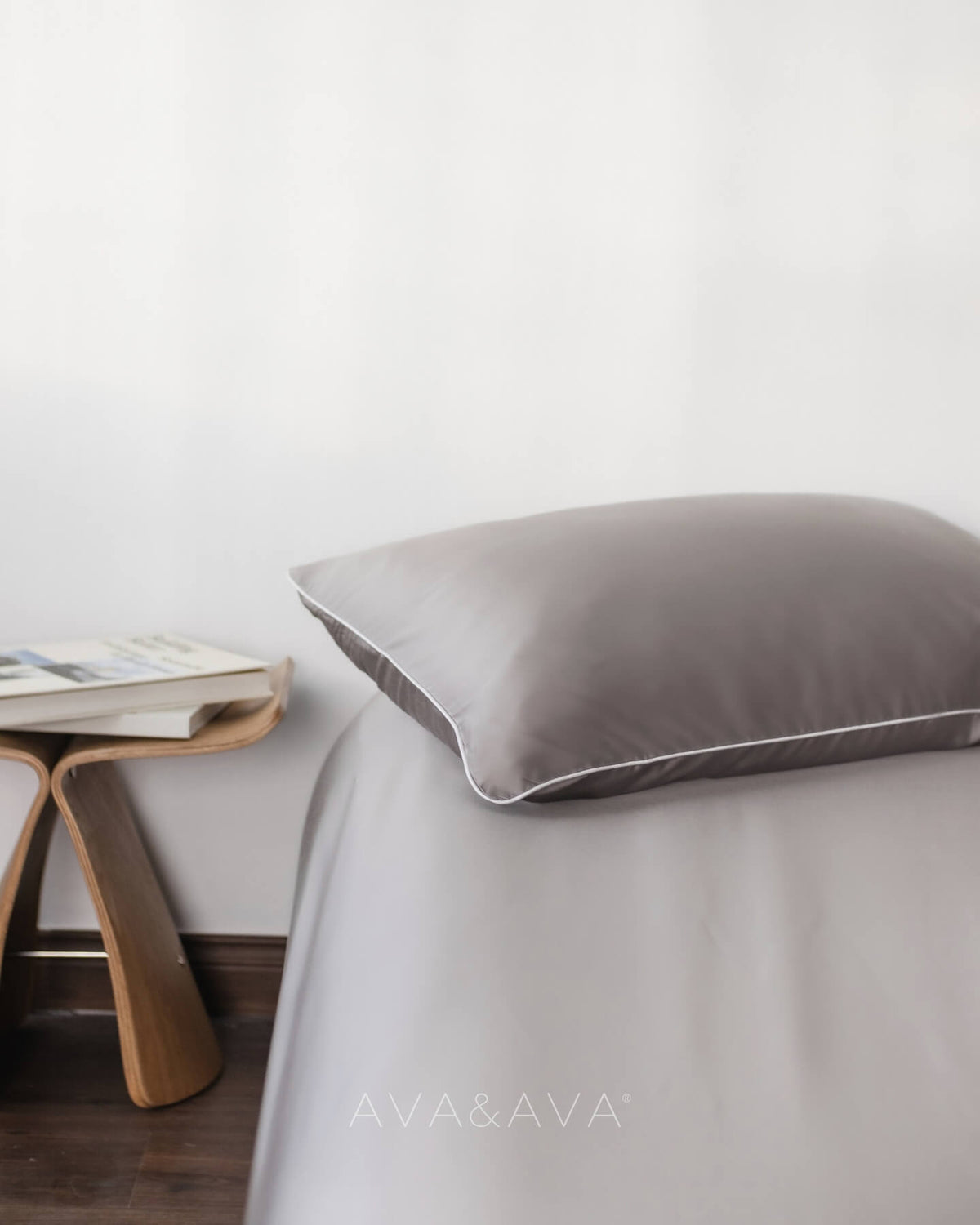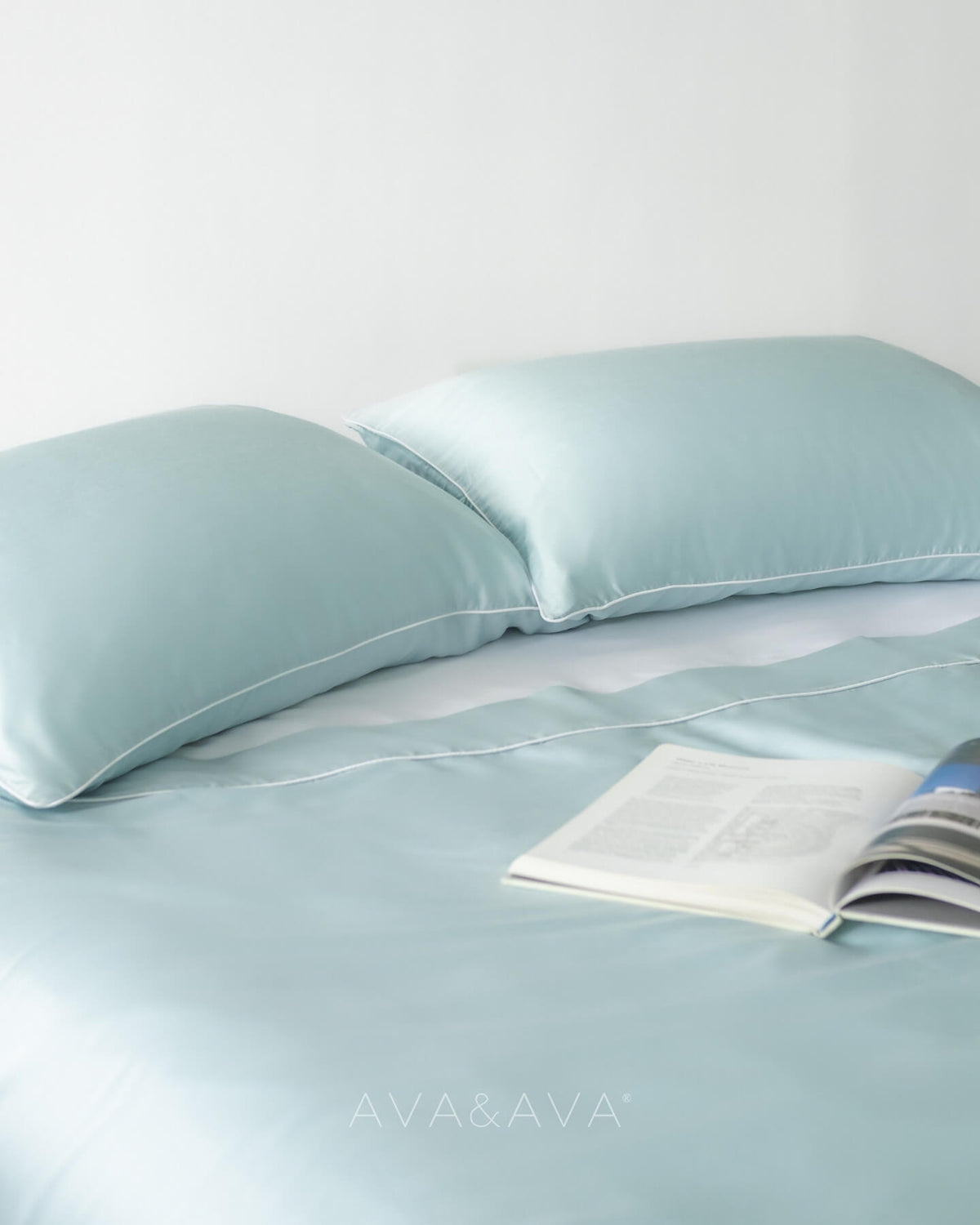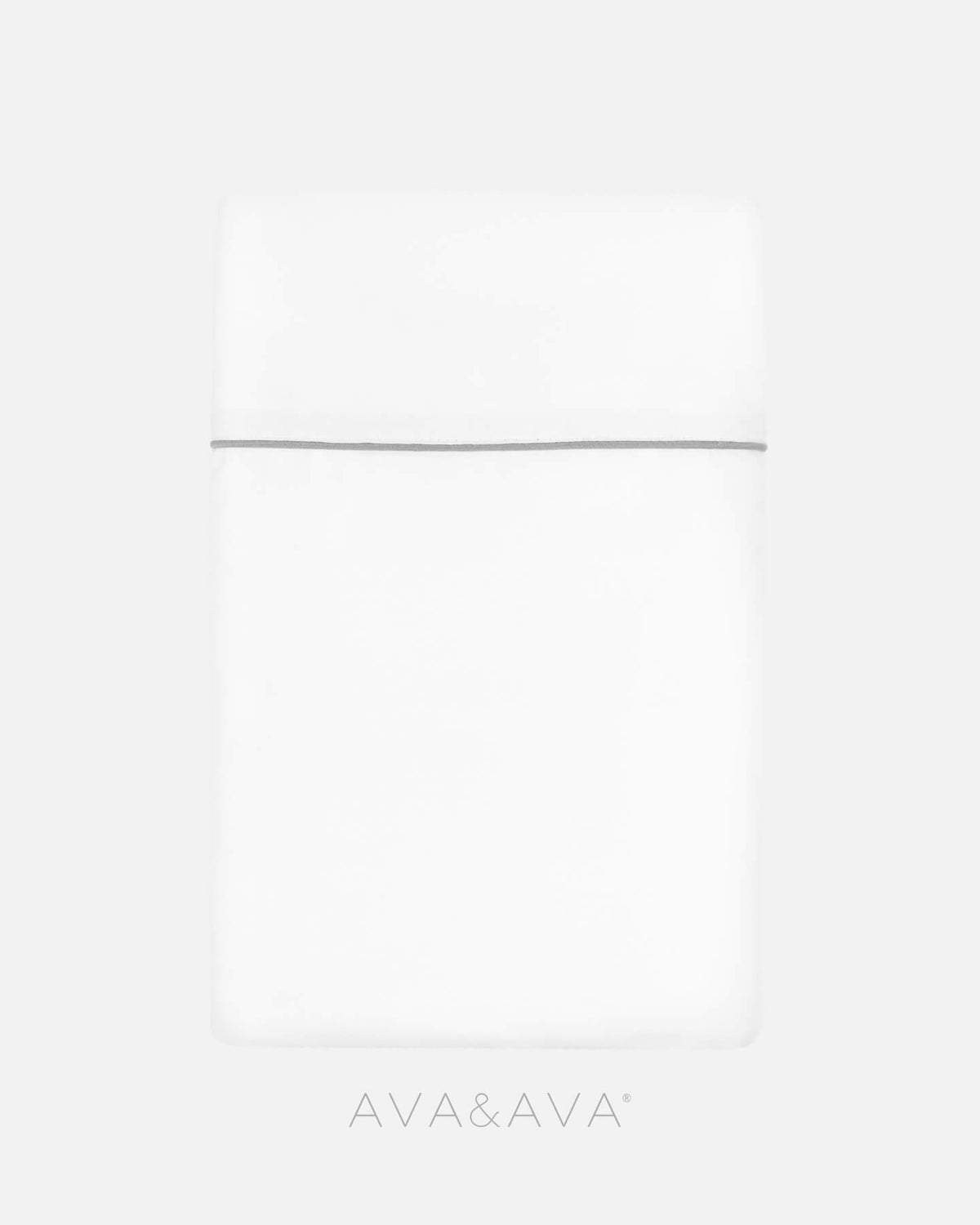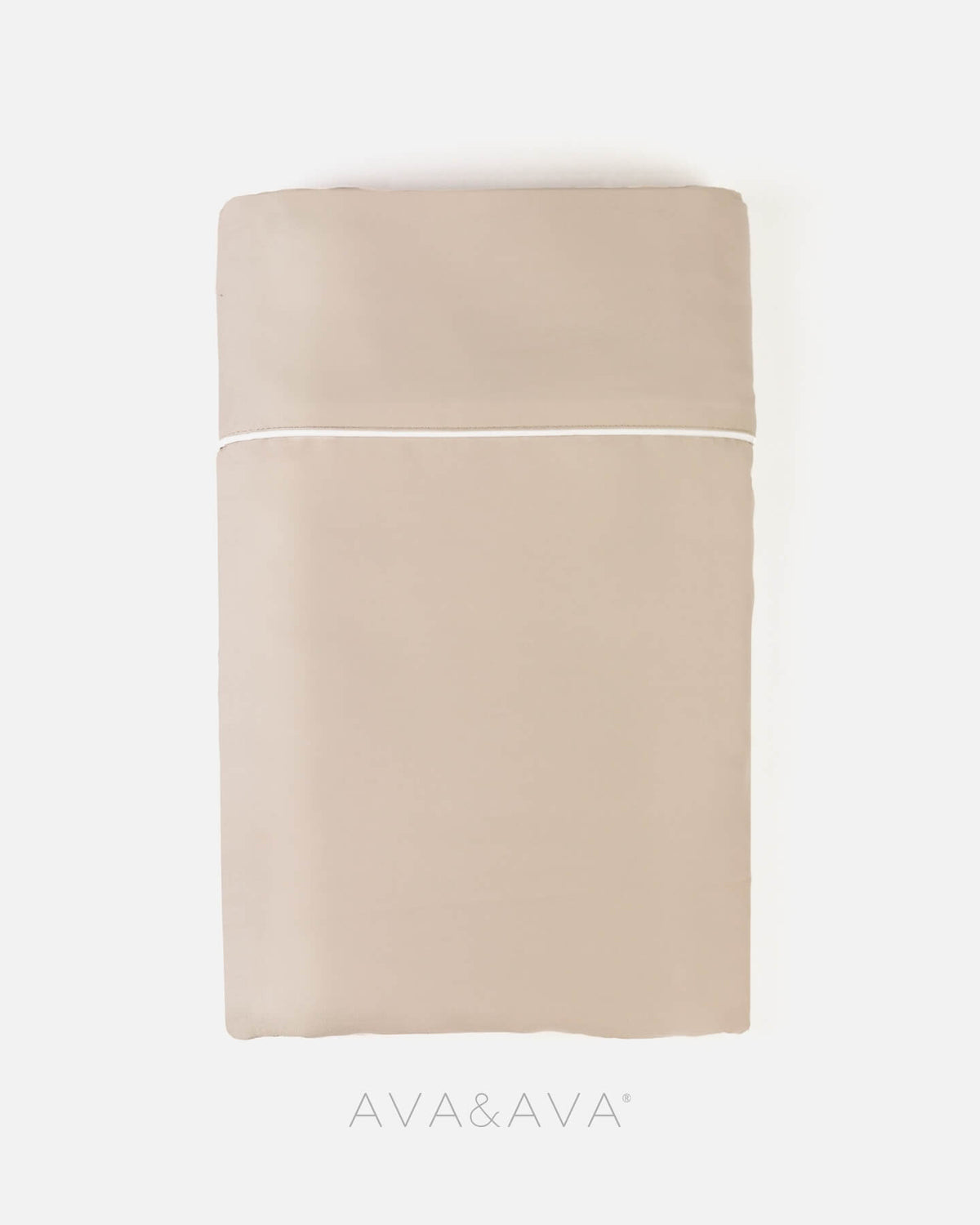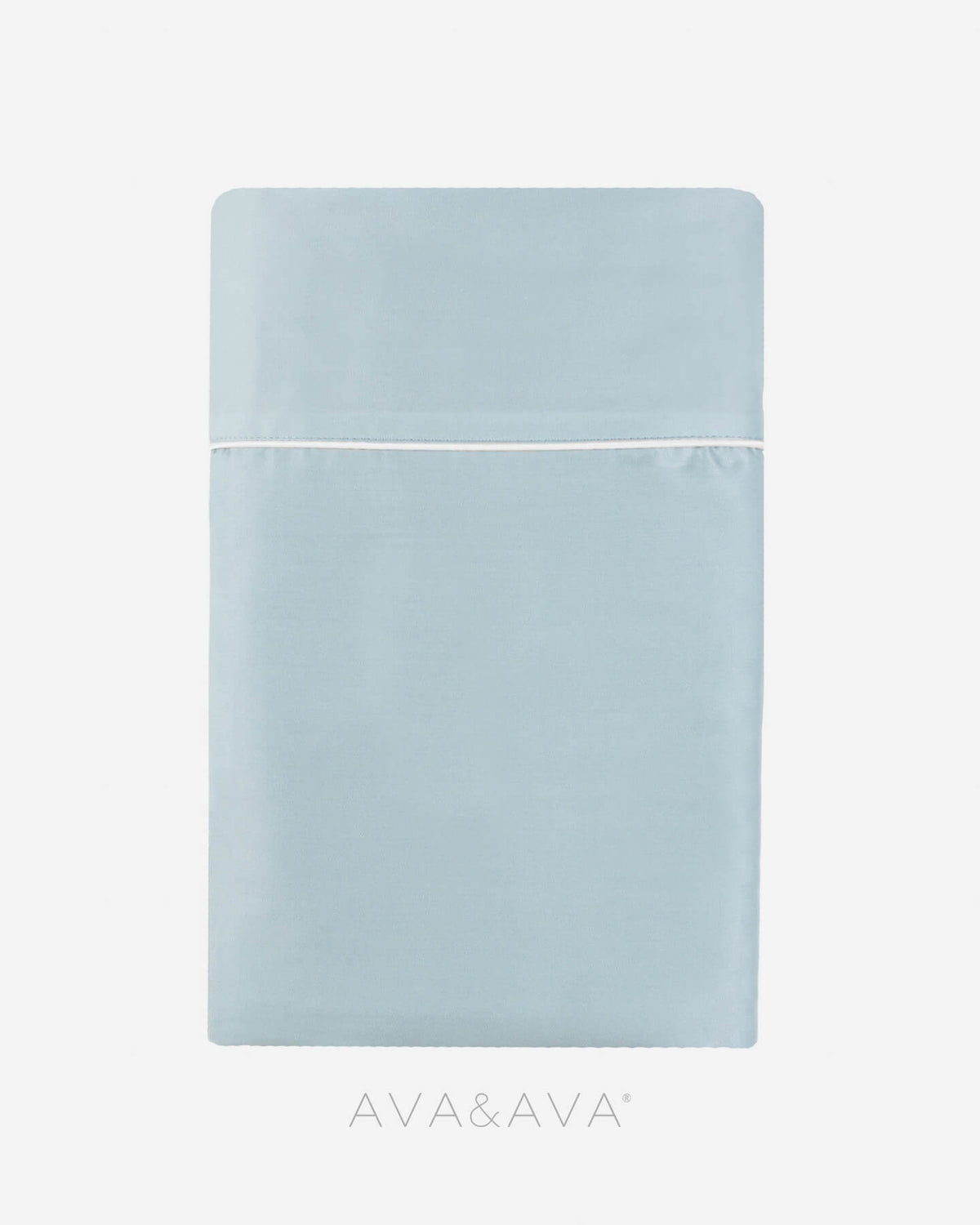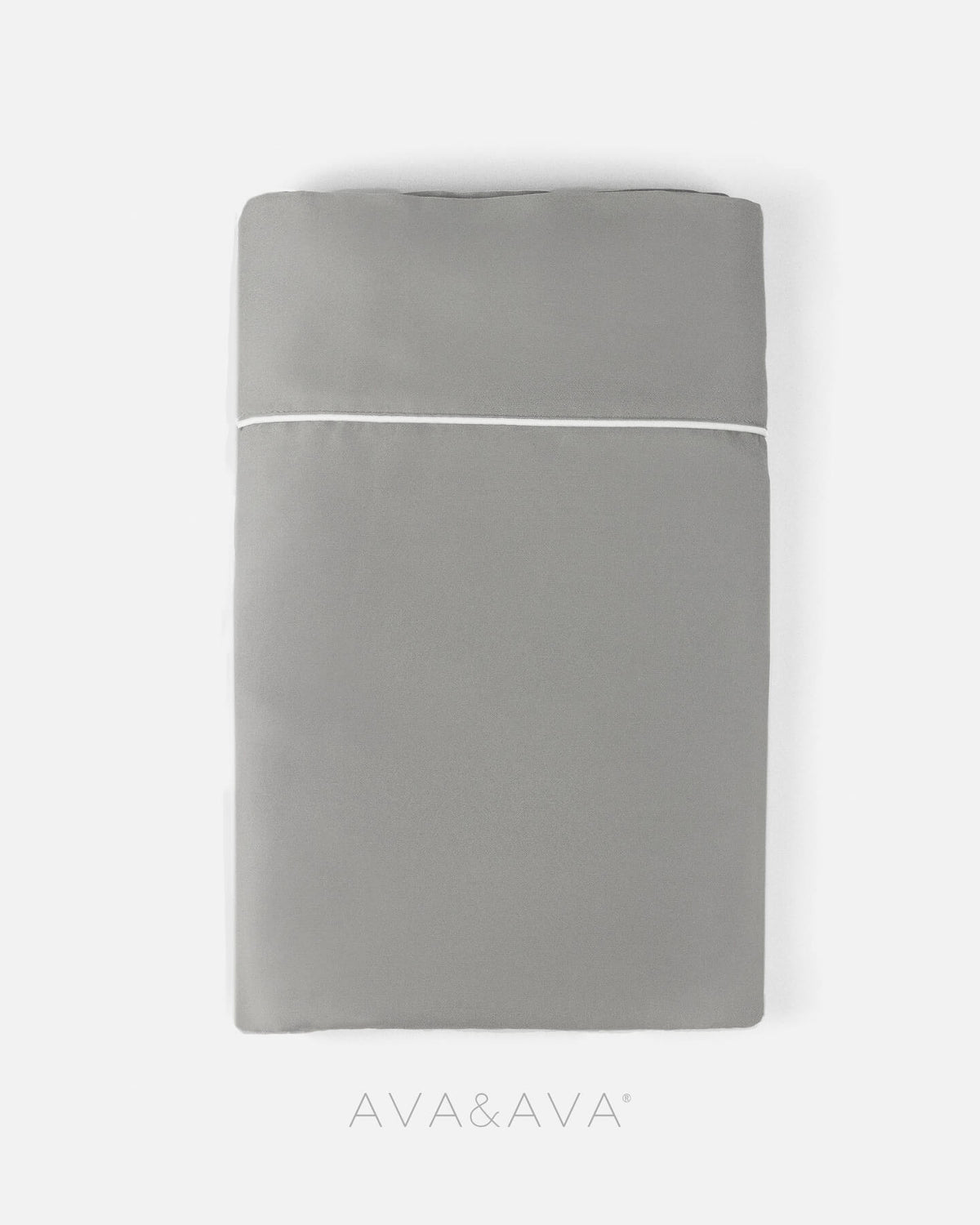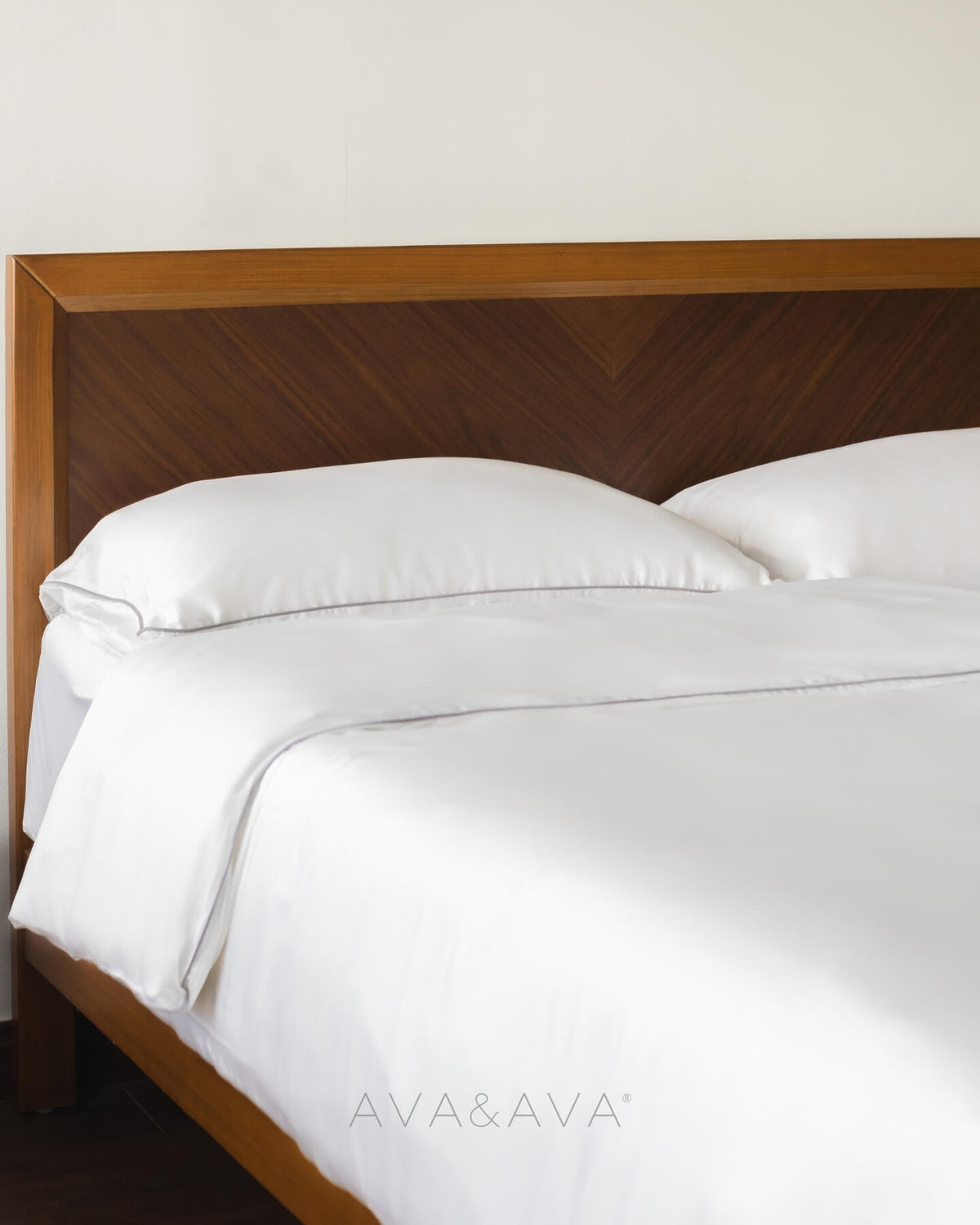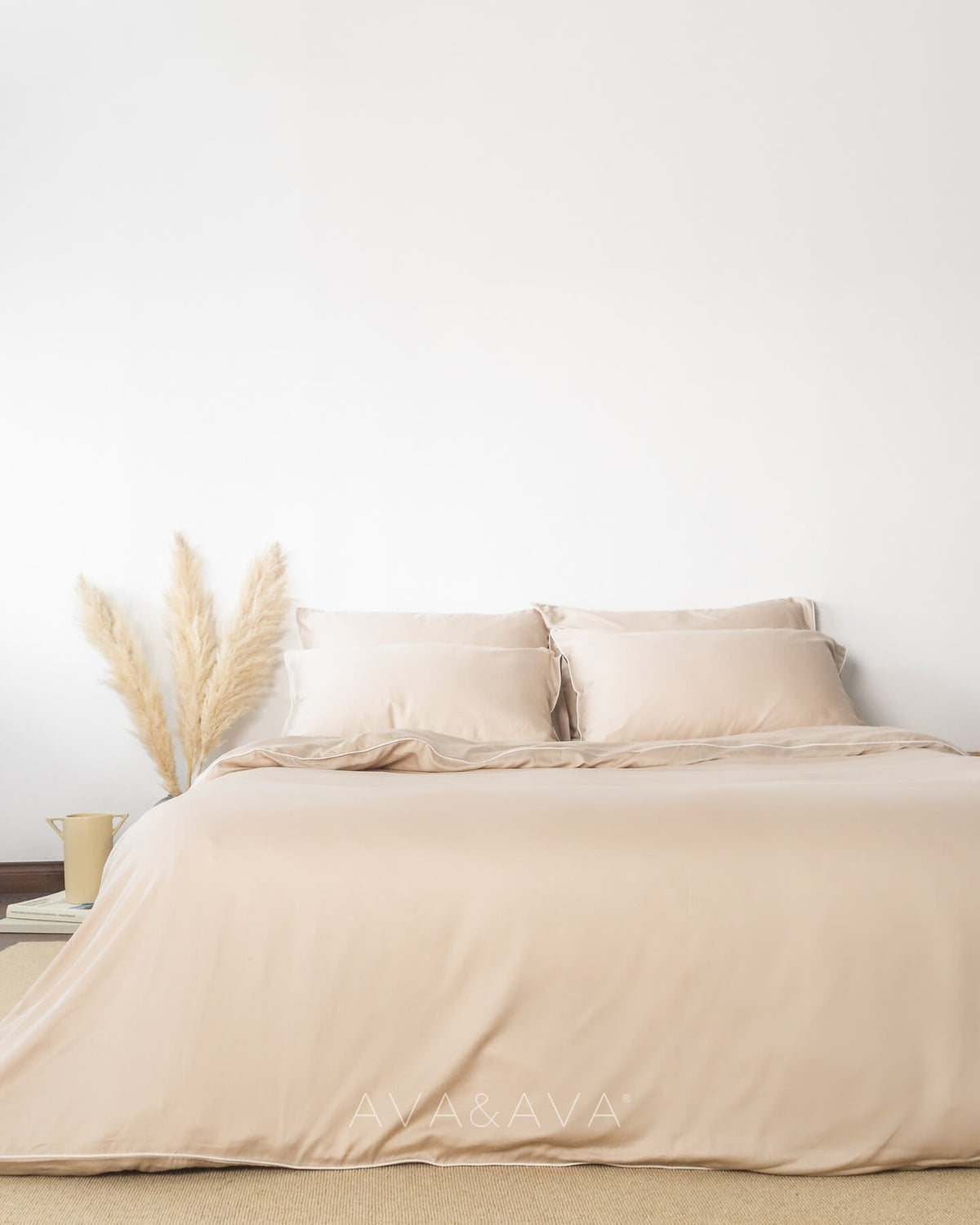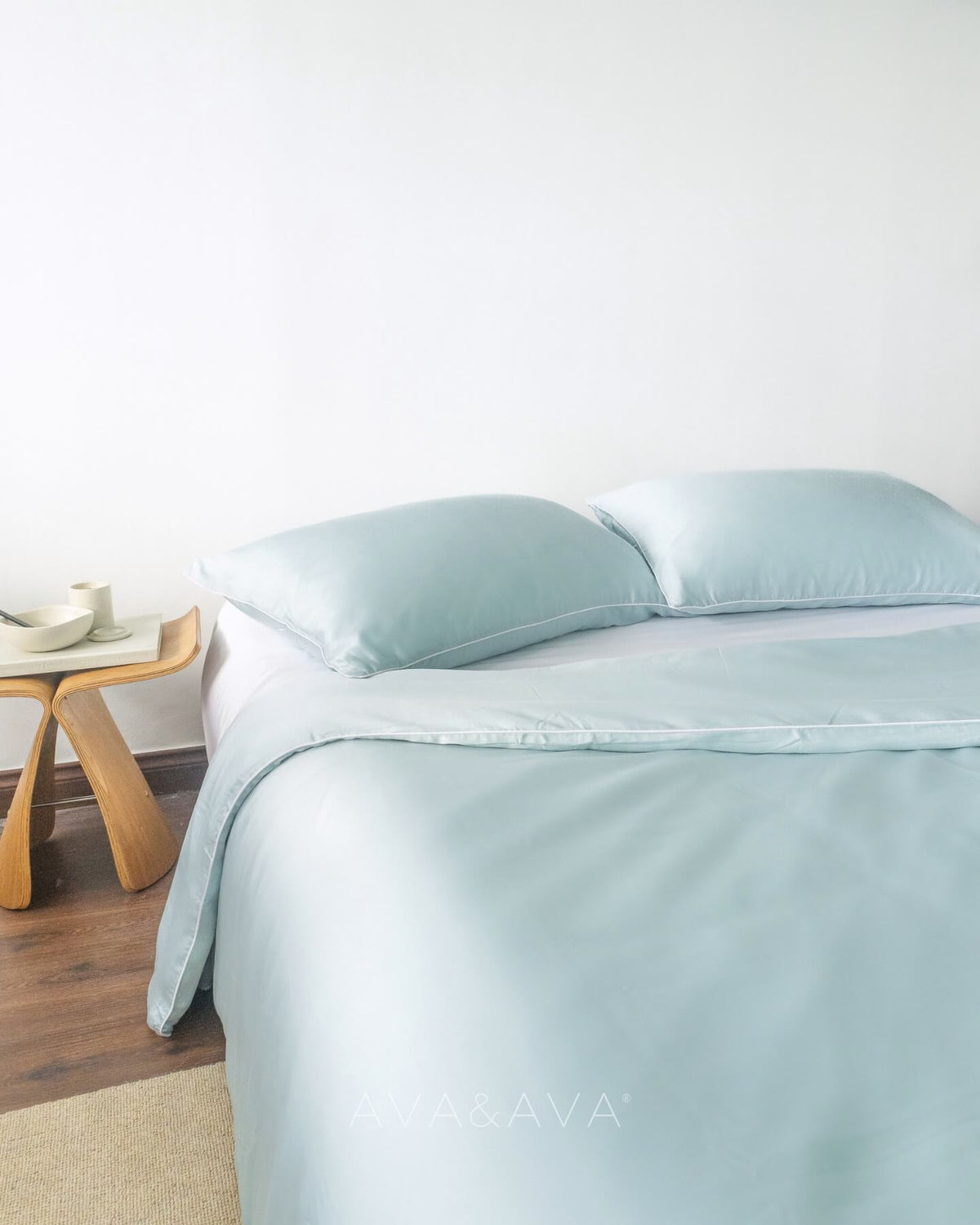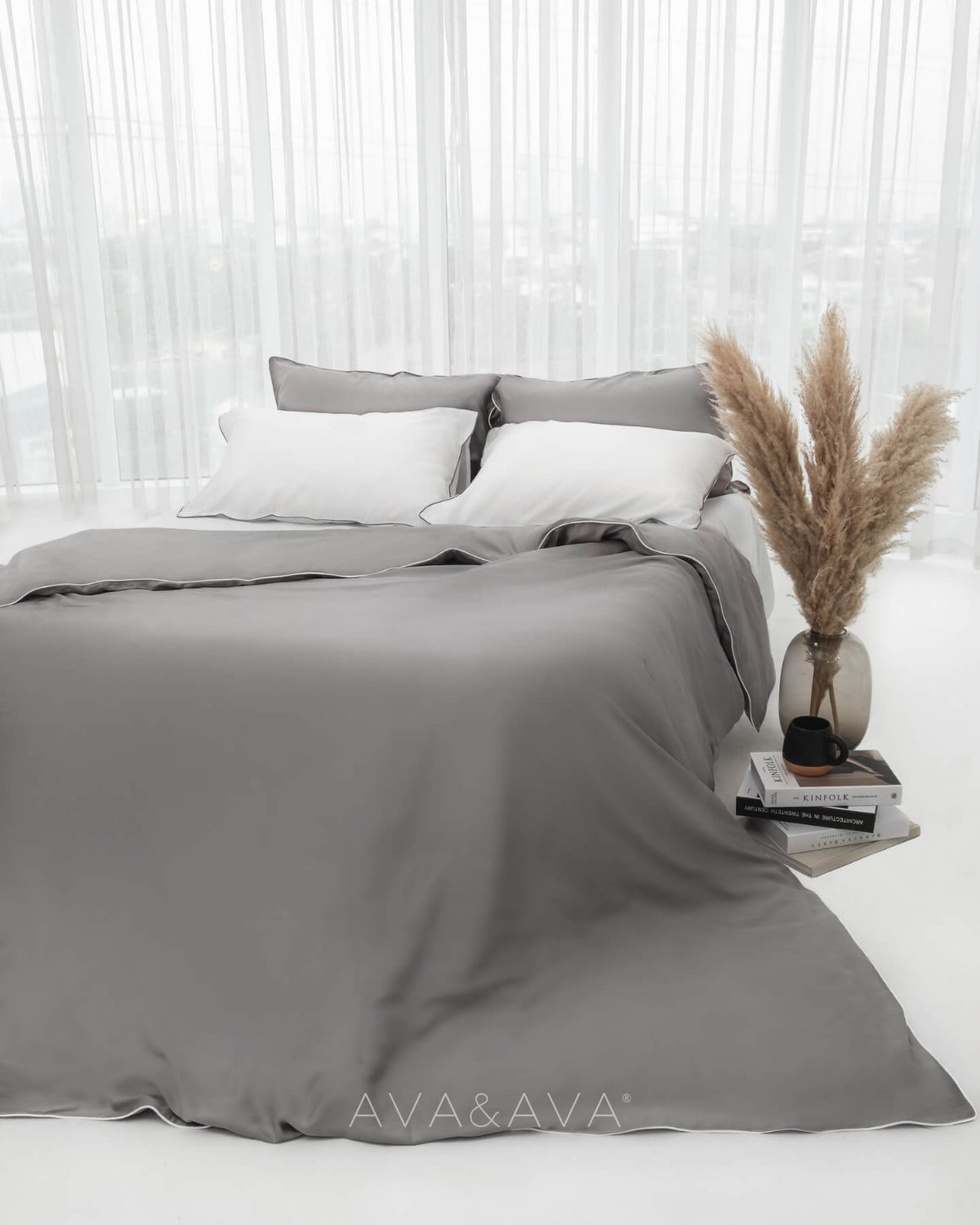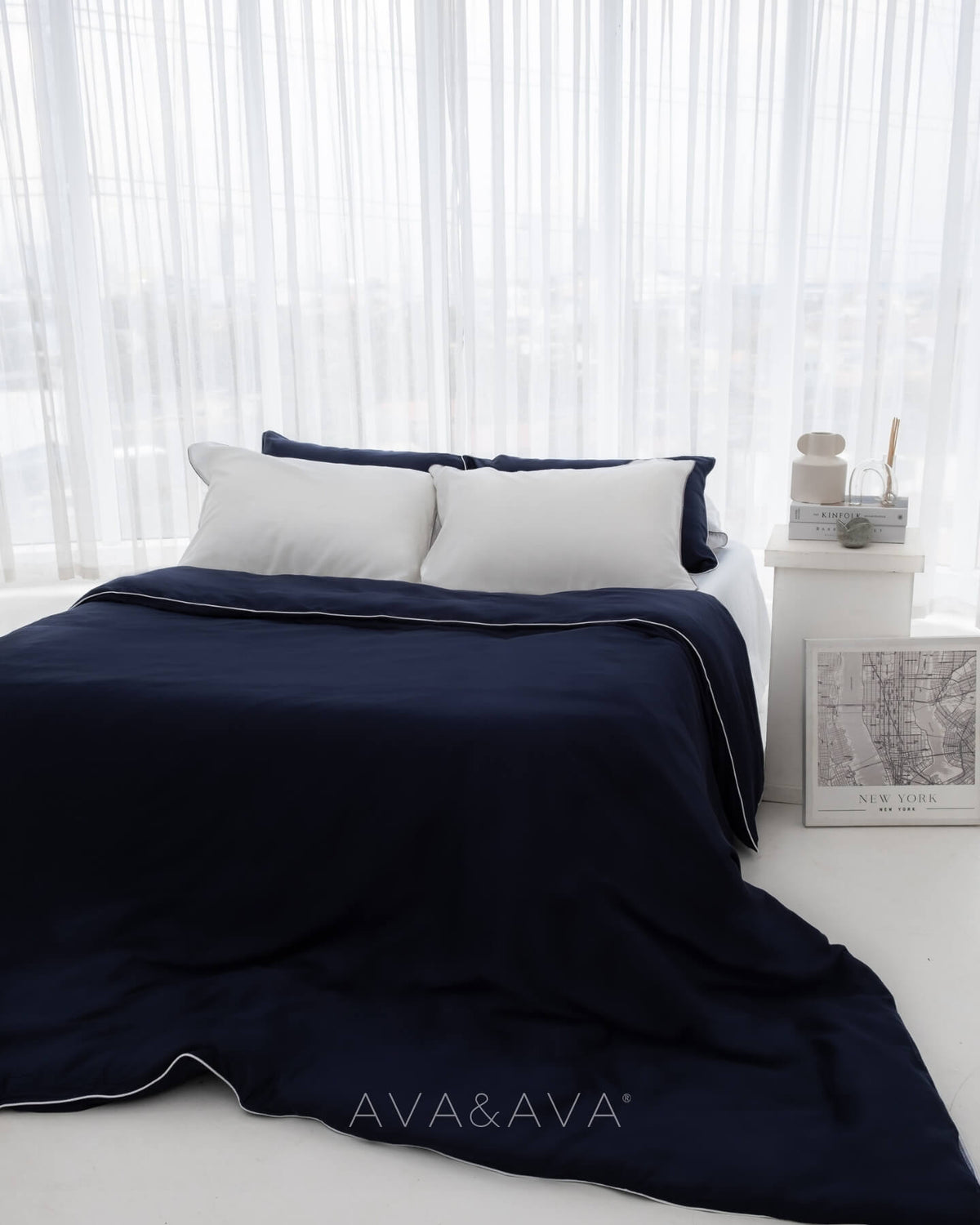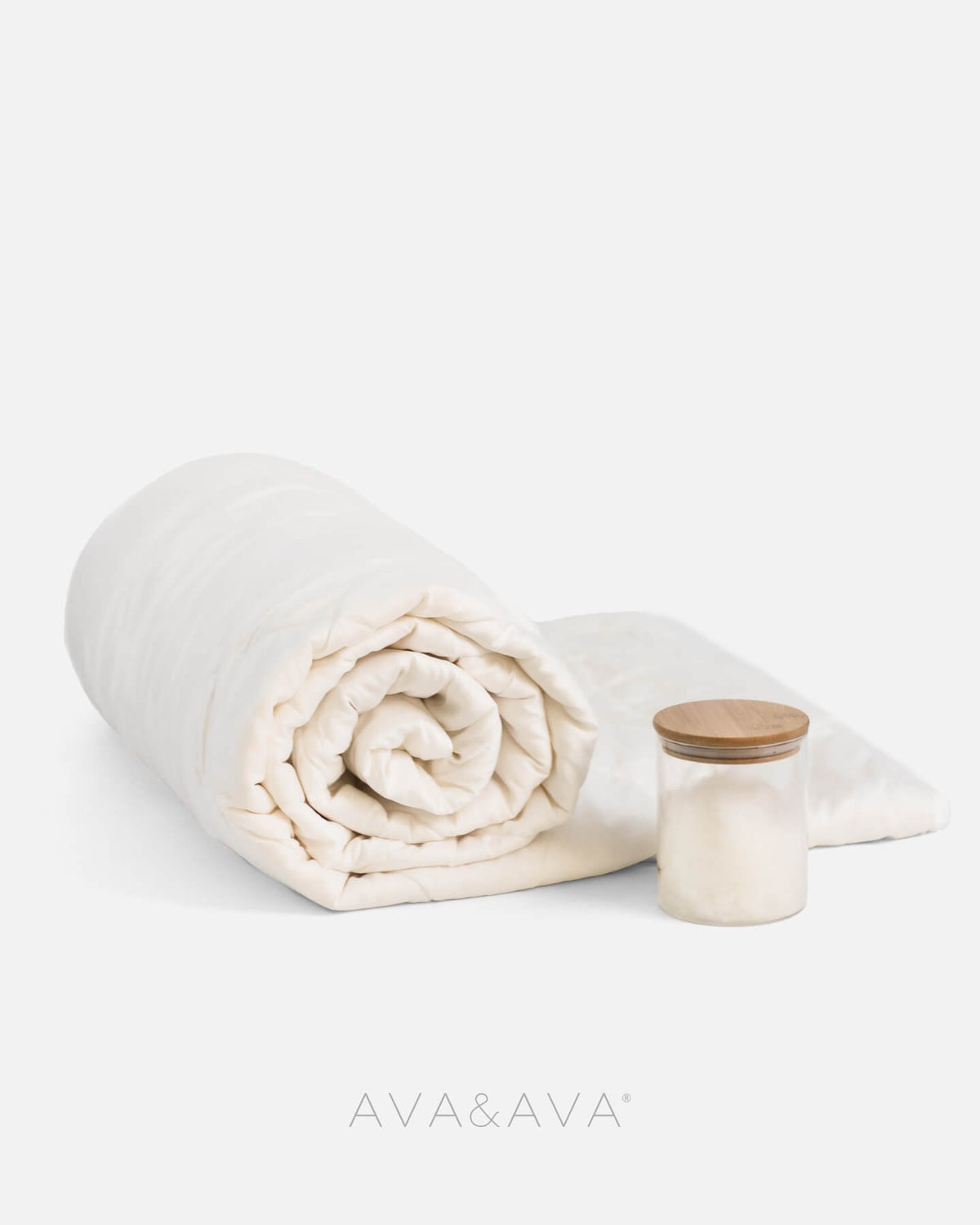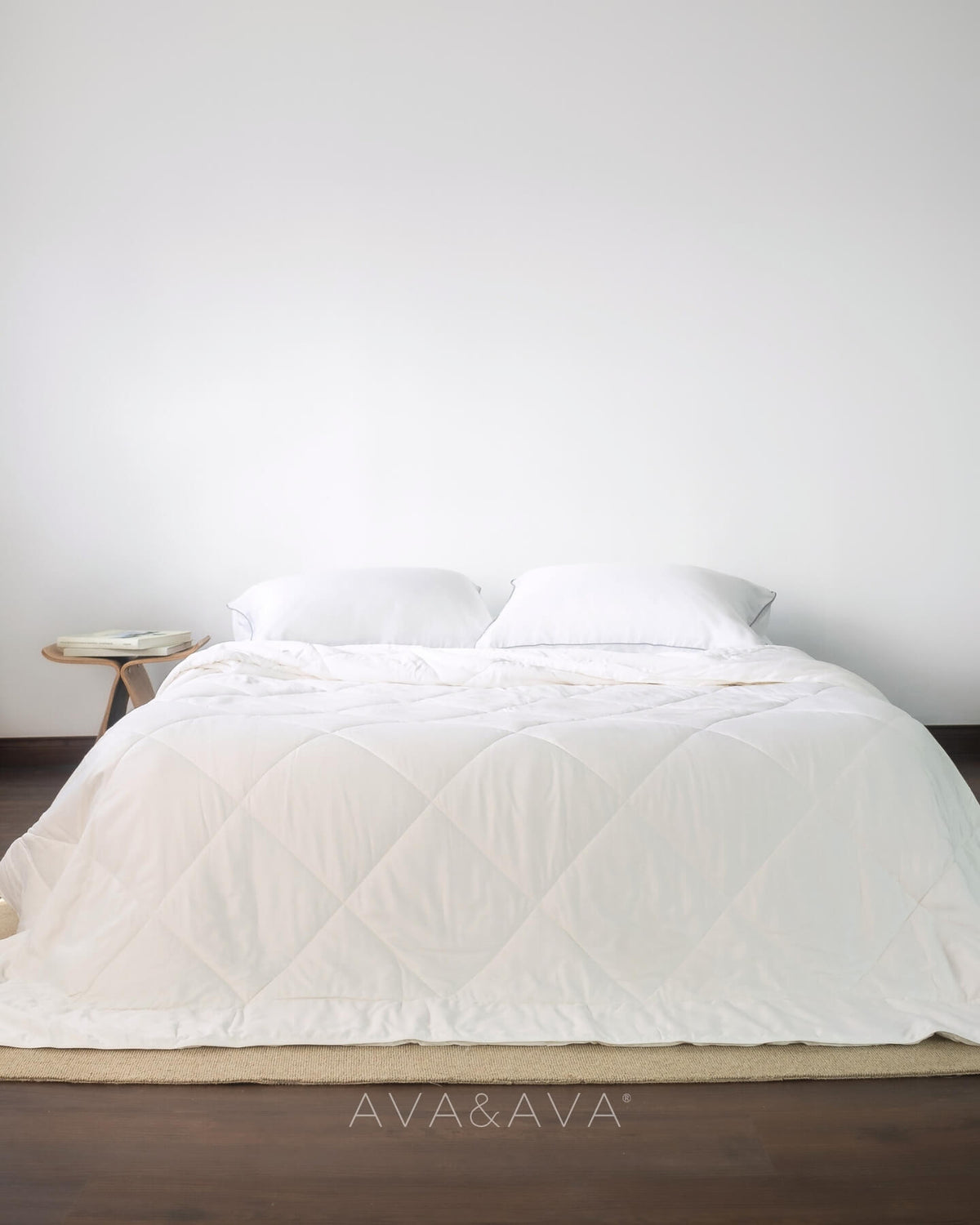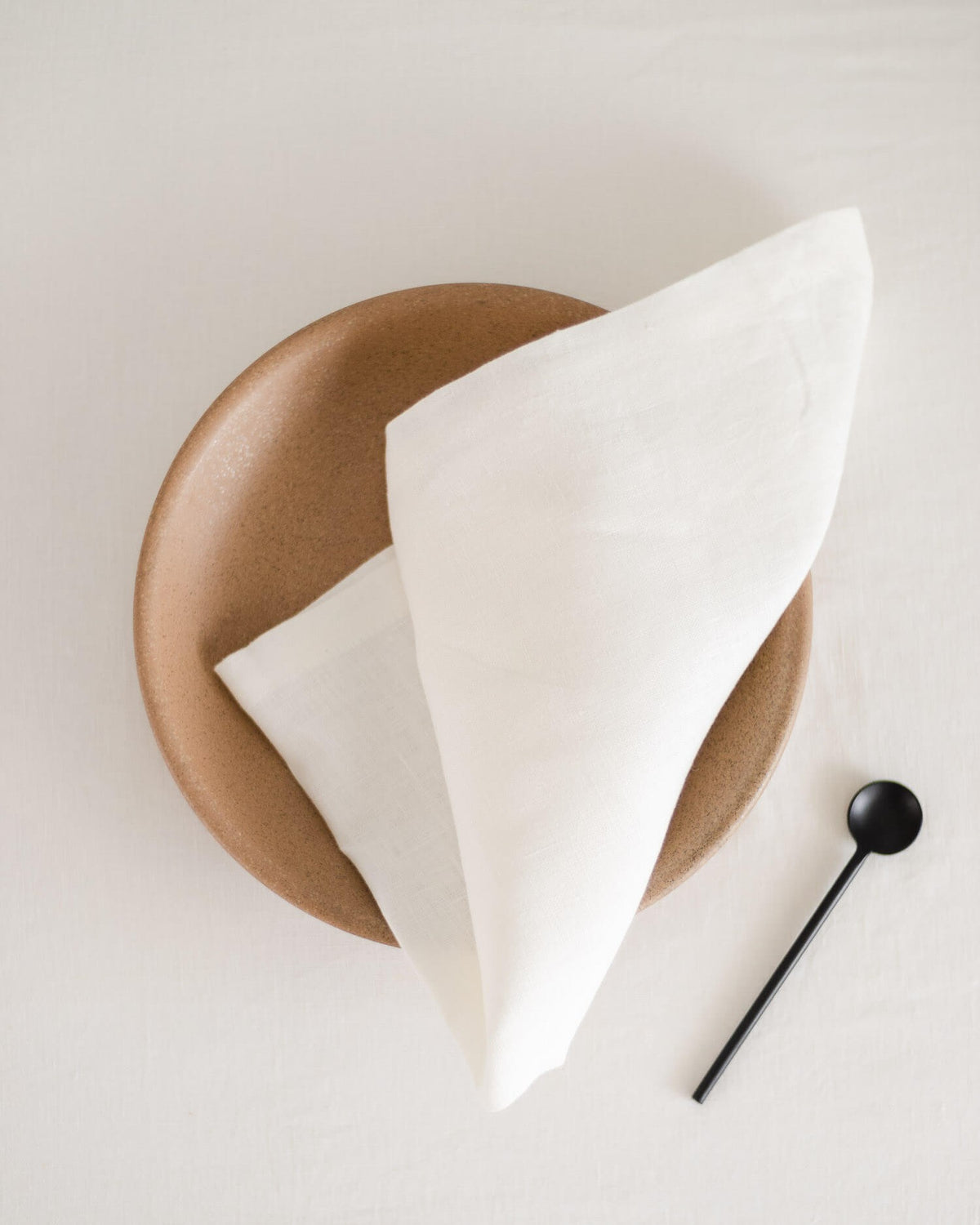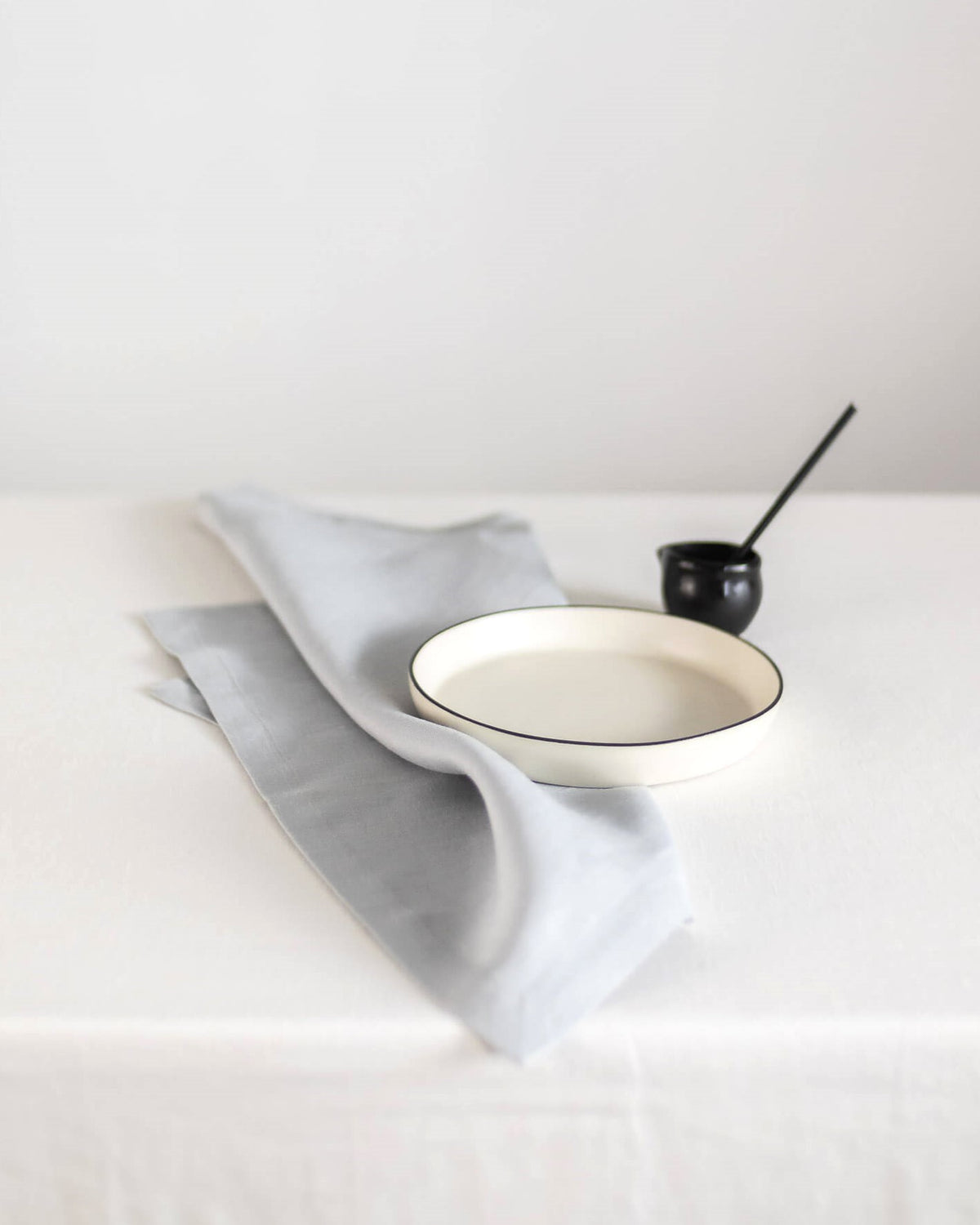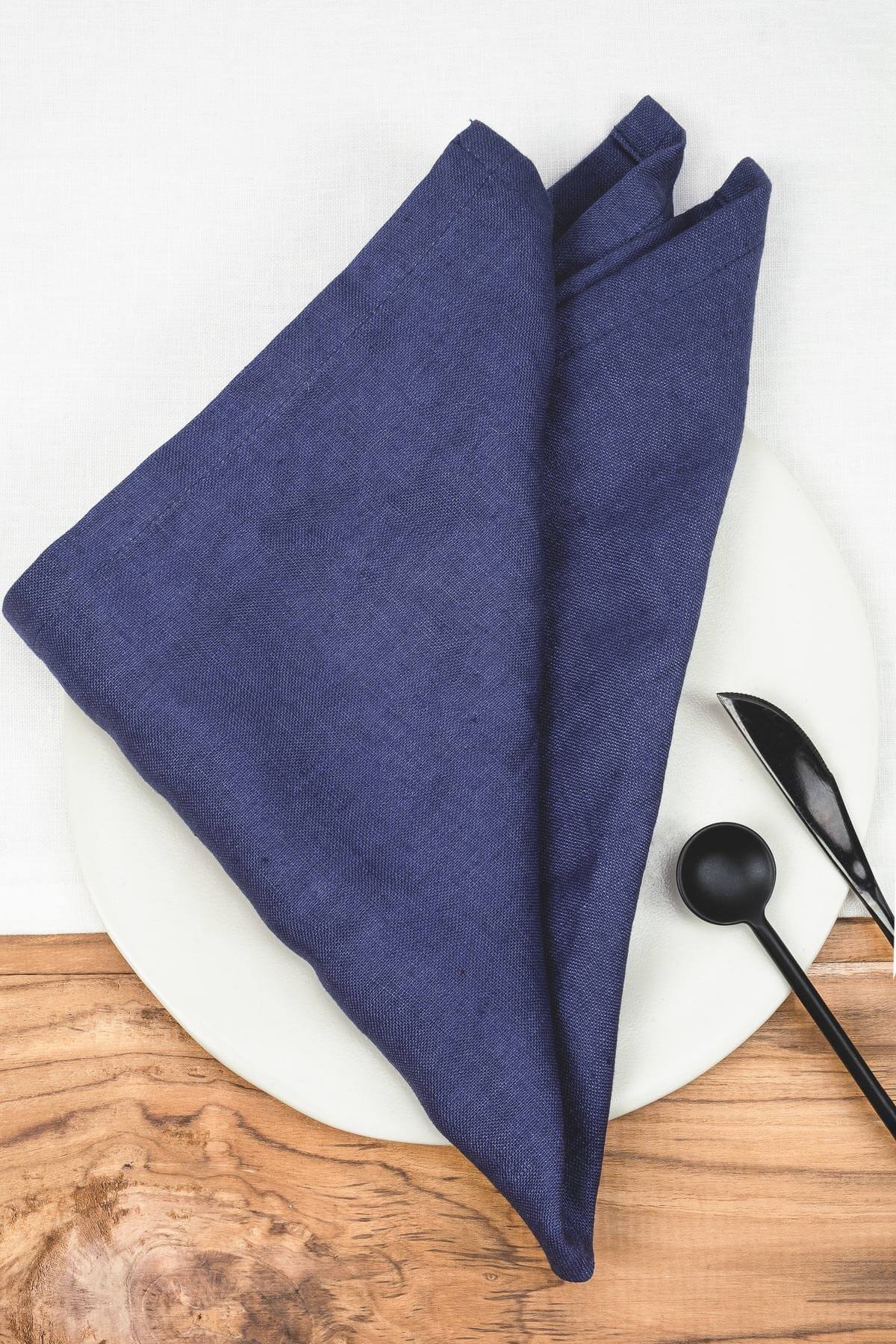Benefits of napping / siesta
1 | Reduces sleep debt and sleepiness
Adults require 7-9 hours of sleep each night. When you deprive yourself of sleep, you incur a sleep debt which results to sleepiness during the day. Napping is a way to reduce this debt and its negative effects. A 10-minute daytime power nap, for instance, can help you fight fatigue and sleepiness for up to 2 hours after your nap.
2 | Improves cognitive performance and memory
Several studies have shown that napping can improve learning, boost memory and increase alertness. NASA found that pilots who slept in the cockpit for 26 minutes showed alertness improvements of up to 54% and job-performance improvements by 34%, compared to pilots who didn't nap.
In a UC Berkeley sleep study, young adults who slept for 90 minutes after lunch improved their learning power at 6pm, their memory apparently primed to absorb new facts, while those that stayed awake performed worse. This occurred even though both groups performed similarly earlier at 12nn.
3 | Regulates emotions
A nap can help keep you calm. In a study involving a face recognition task, the no-nap group were significantly more upset by angry and fearful faces later in the day than the group that took a 90-minute lunchtime nap in which they experienced REM sleep.
A University of Michigan study found that after waking from a 60-minute midday nap, people were less impulsive and had greater tolerance for frustration than those who watched a nature documentary instead of sleeping.
Siesta your way to a healthy heart. A study by researchers at the Harvard School of Public Health in Athens reported that Greeks who took regular 30-minute siestas were 37% less likely to die of heart disease over a 6-year period than those who never napped. The scientists tracked more than 23,000 adults, finding more pronounced benefits for working men.
Tips to get the most out of a nap

- Most sleep researchers recommend napping between 1-3 p.m., so that your nap has less impact on your nighttime sleep.
- The benefits of napping depend on the duration of your nap. The ideal nap is about 15-25 minutes so you won't feel groggy while still reaping the benefits. Set an alarm so you don't sleep more than this.
- 10 minutes (nano-nap): boosts alertness, concentration and attention for as much as 4 hours
- 20-25 minutes (power nap): benefits of 10-minute nap + better memory and recall
- 60-90 minutes (deep/REM sleep): biggest boost to cognitive and muscle memory (useful in sports and musical training), but you may experience grogginess or "sleep inertia" for the first 15 minutes upon waking up.
- Drinking a small amount of caffeine before your nap may help you avoid the groggy feeling of sleep inertia because the caffeine will activate just as you wake up.
- Find a cool, quiet, dark place for napping, or consider wearing an eye mask and earplugs.
The Bottom Line
While napping can be used for a quick daytime boost, it should never be a substitute for consistent good night's sleep. To reap the most out of a nap without interfering your sleep, keep it short and do it early in the day.
-




